Please note that you must register on Zoom for all sessions that you would like to attend. Just click/tap on the icon in the far right column to be taken to the Zoom registration page for that session.
You may search/filter the contents by using the “Search” box in the top right corner of the agenda. This agenda is best viewed on a laptop, desktop, or tablet. Mobile users will have the best viewing experience while viewing the agenda with their phone sideways in landscape orientation. If your device has a small viewing area, you may scroll horizontally to view all of the agenda content.
Date | Start (US Eastern Time) | End (US Eastern Time) | Session Name | Session Description | Speaker(s) / Moderator(s) | Speaker / Moderator Photo | Handouts / Related Media | Relevant Condition(s) | Chat/Social Session | Session Will be Recorded |
|---|---|---|---|---|---|---|---|---|---|---|
| Saturday June 19 | 2:00 PM | 3:00 PM | Welcome Session for First Time Conference Attendees and Newly Diagnosed | If this is your first AXYS conference or if you or your family member was diagnosed recently come to this session to get a preview of the conference and get to know a couple of our speakers. We're happy to answer your questions so you have an amazing conference experience. | Erin Frith, MEd , Carol Meerschaert, Erin Torres | 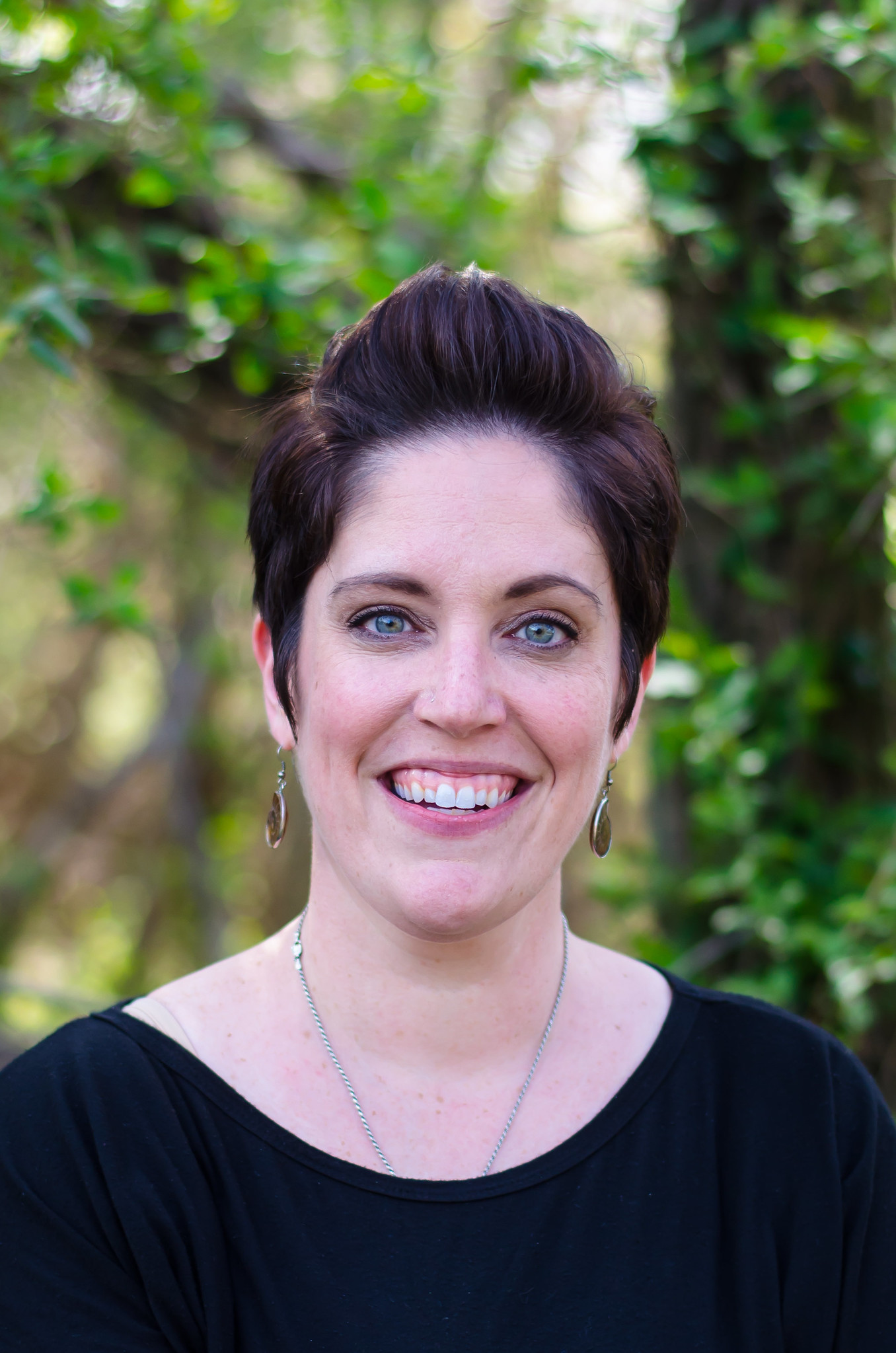 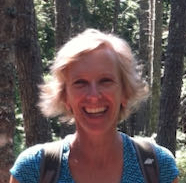         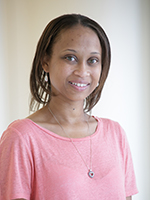            | All | |||
| Monday June 21 | 3:00 PM | 3:30 PM | Opening Celebration | Join this session to meet the board and celebrate our first virtual conference. | All AXYS board members & Carol Meerschaert |          | All | |||
| Monday June 21 | 3:30 PM | 5:00 PM | XXY Welcome Open House Drop in Session | Drop in to meet individuals with XXY and their families. | Matt McKeon, Stefan Schwarz | 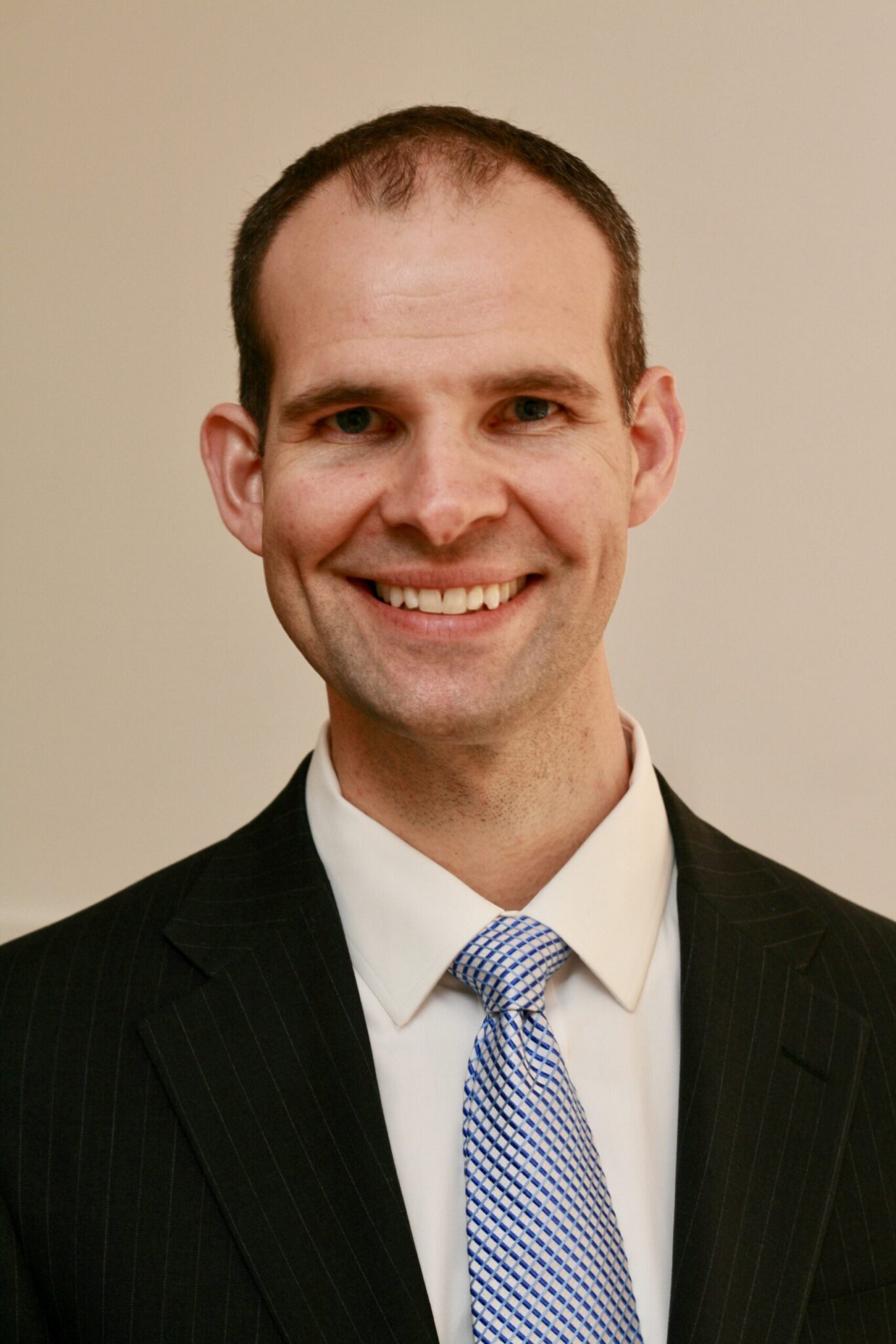    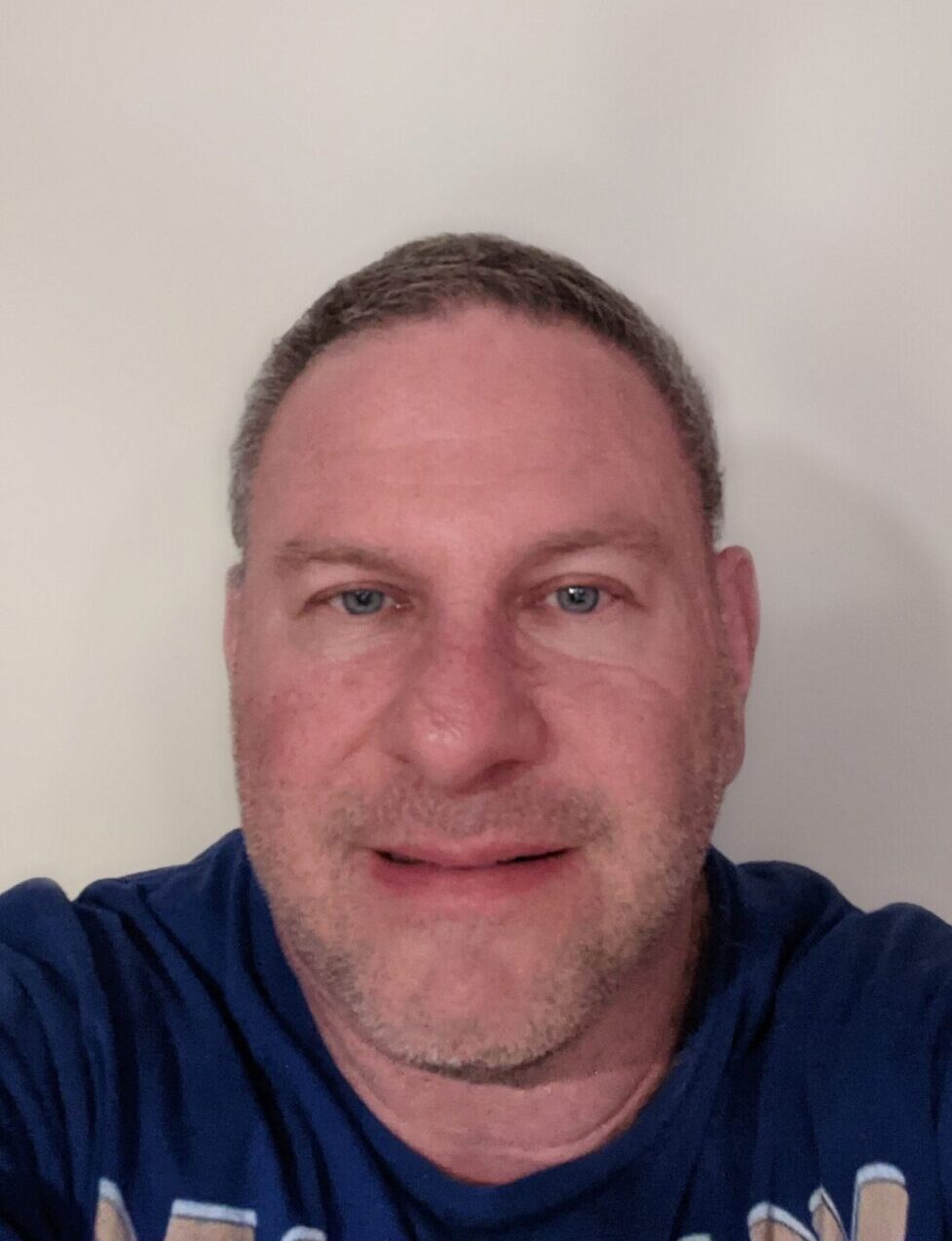          | About 47,XXY | XXY | ||
| Monday June 21 | 3:30 PM | 5:00 PM | XYY Welcome Open House Drop in Session | Drop in to meet individuals with XYY and their families. | Judi Cyr, Silvia Mann, Heidi Wallack | 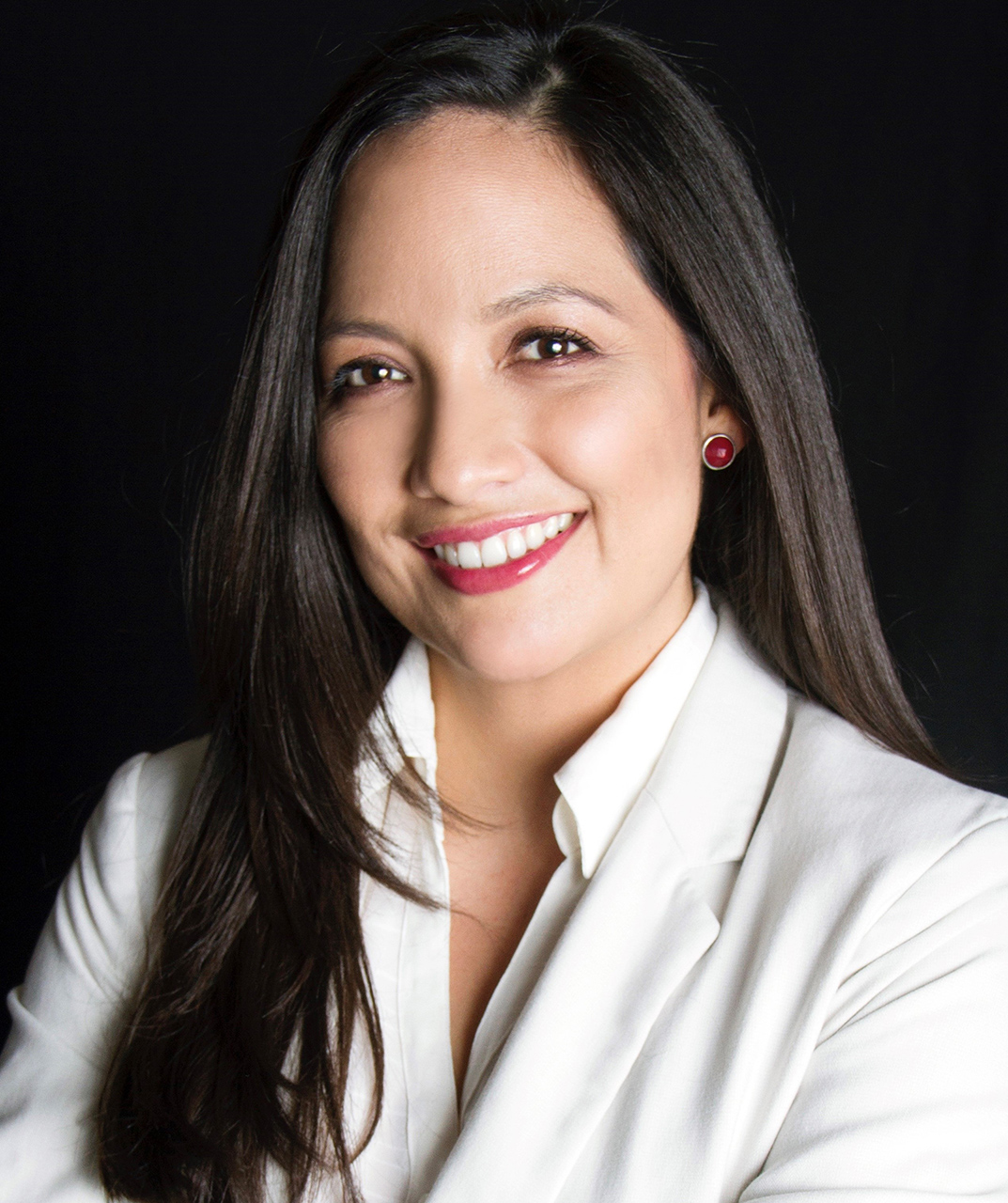   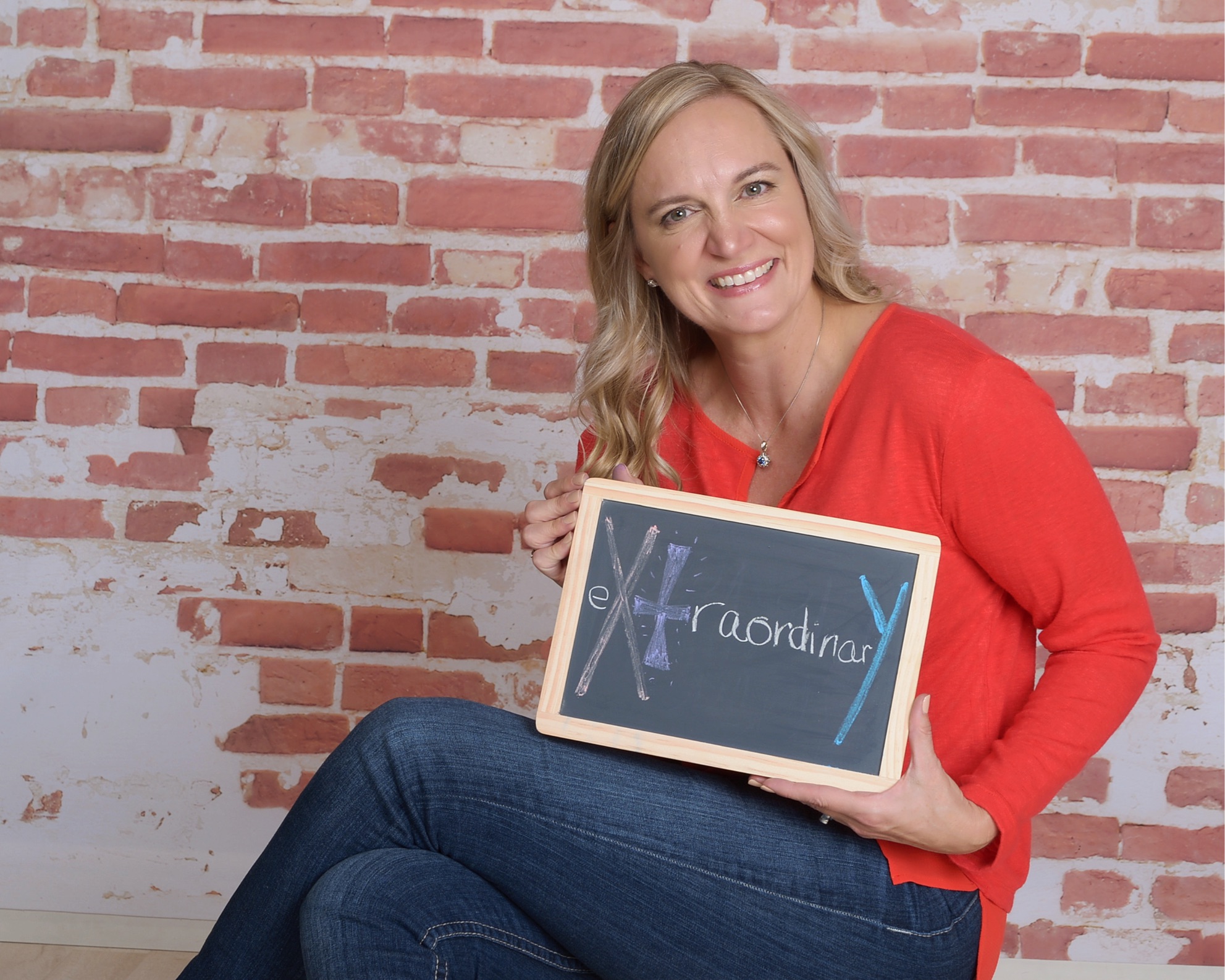    | About 47,XYY | XYY | ||
| Monday June 21 | 3:30 PM | 5:00 PM | Trisomy X Welcome Open House Drop in Session | Drop in to meet individuals with Trisomy X and their families. | Hannah Acevedo-Schiesel MS, LEP, ABSNP, BCBA, Jessica Burke, Joanne Burke, Carrie Curtis, Erin Frith, MEd, Andrea Millett | 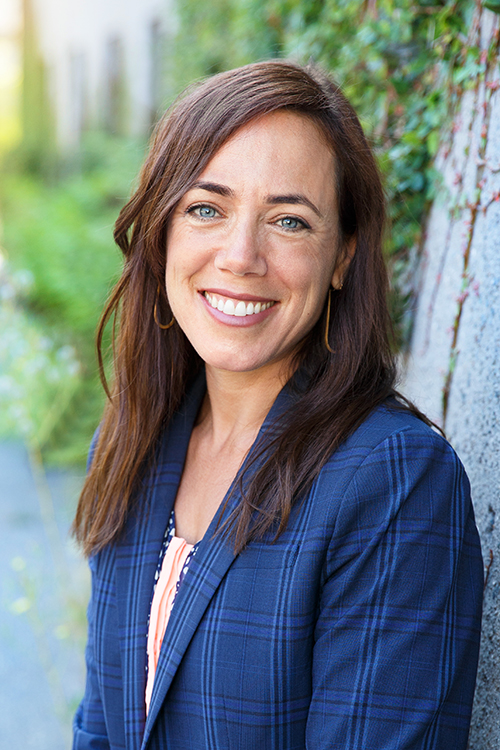                   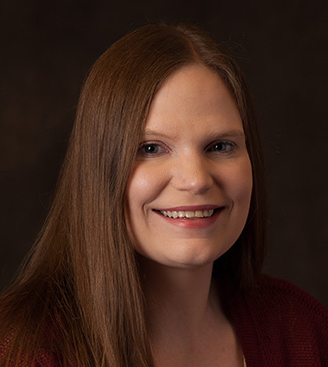      | About Trisomy X | YouTube video: An overview of Trisomy X | Trisomy X | ||
| Monday June 21 | 3:30 PM | 5:00 PM | XXYY Welcome Open House Drop in Session | Drop in to say hi to the leaders of the XXYY Project. | Gail Decker, John Sloss | 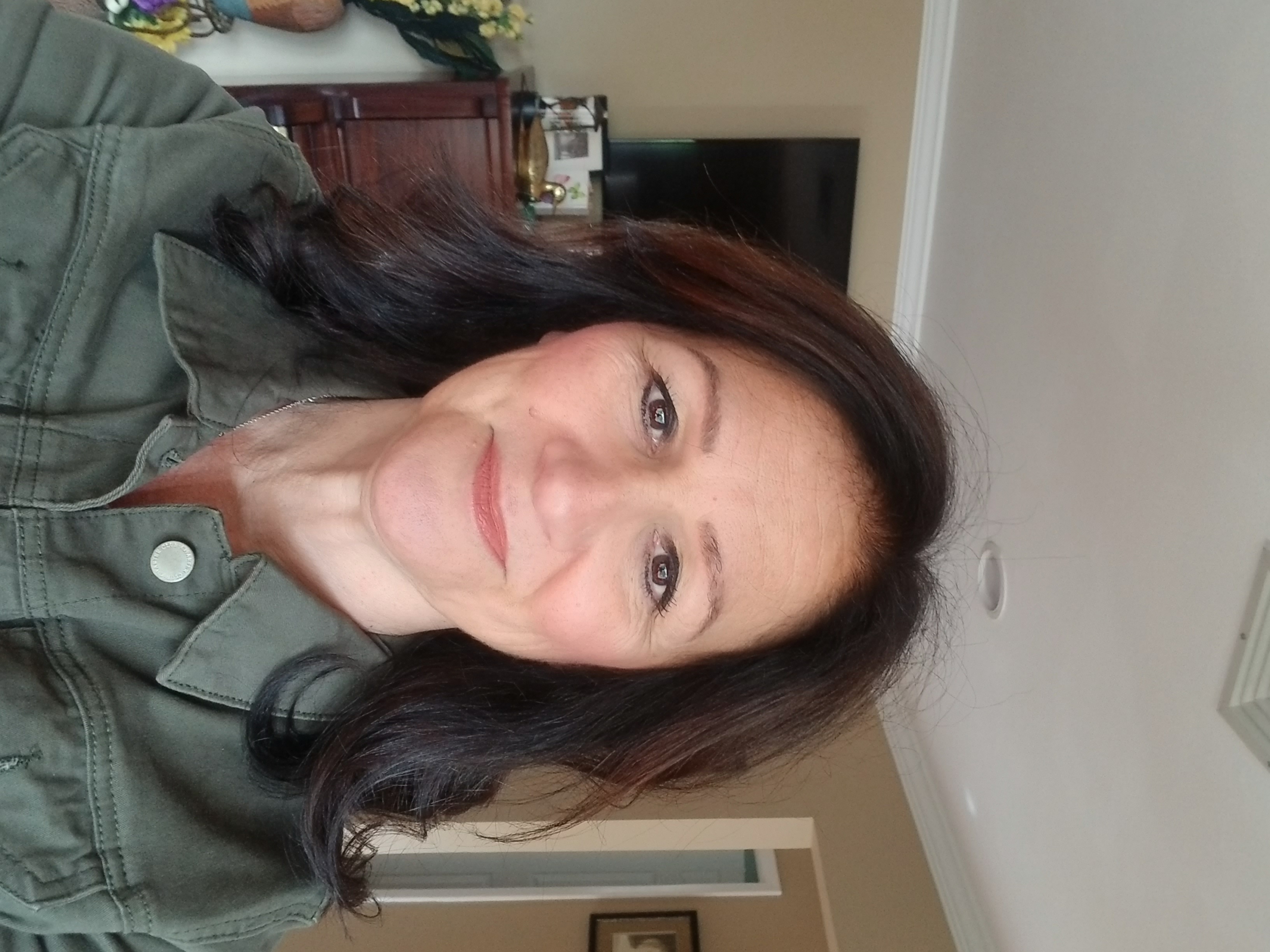    | About 48,XXYY | XXYY | ||
| Monday June 21 | 3:30 PM | 5:00 PM | XXXY and others Welcome Open House Drop in Session | Join this session if your family member has XXXY or other 48 or 49 X/Y chromosome variations. | Jennifer Chapdelaine, Charissa Moll, Nancy Pereschuk | 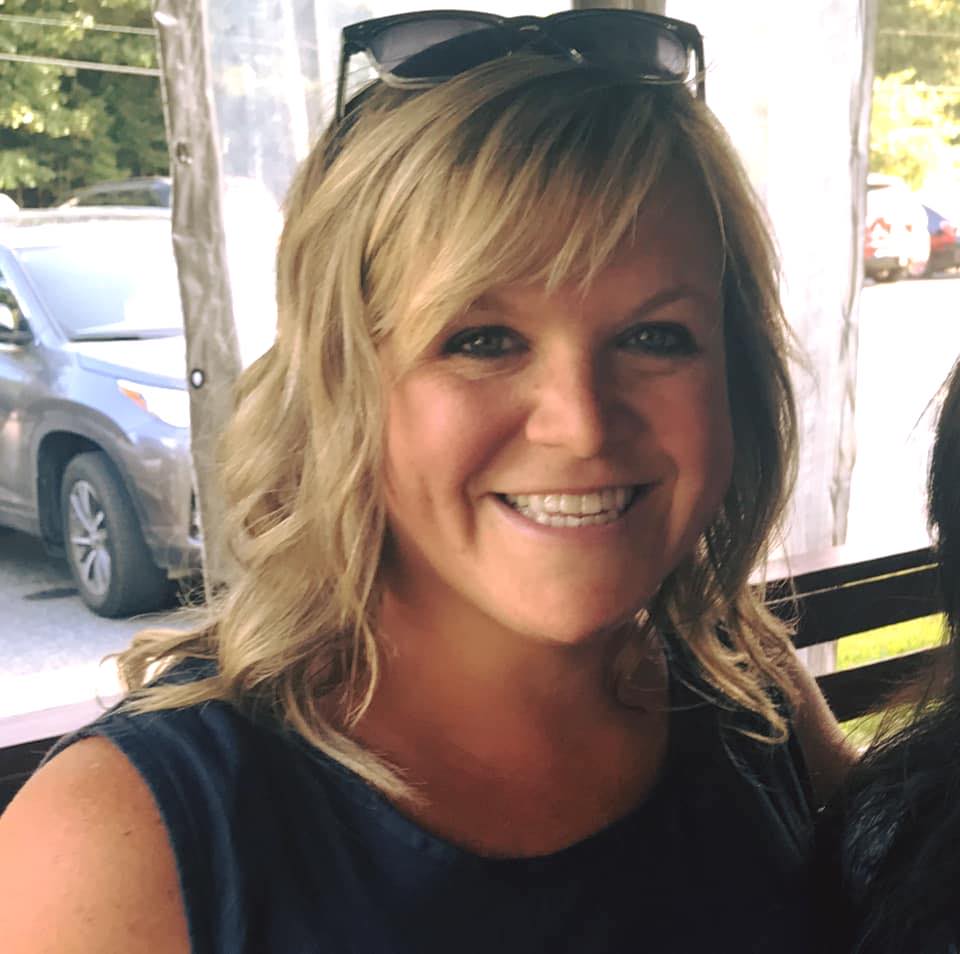  | About 48,XXXY and other variations | XXXY | ||
| Monday June 21 | 5:00 PM | 6:30 PM | New England Welcome Session | We warmly invite those who live in CT, MA, ME, NH and VT to meet the support group leaders from this area and others who live near you. | Andrea Millett, Bill Mulkern |       | AXYS Support Groups | All | ||
| Monday June 21 | 5:00 PM | 6:30 PM | NY Tri State and Upstate NY Welcome Session | We warmly invite those who live in NY state or the NYC Tri-State area to meet the support group leaders from this area and others who live near you. | Carrie Riby, Avrin Slatkin | 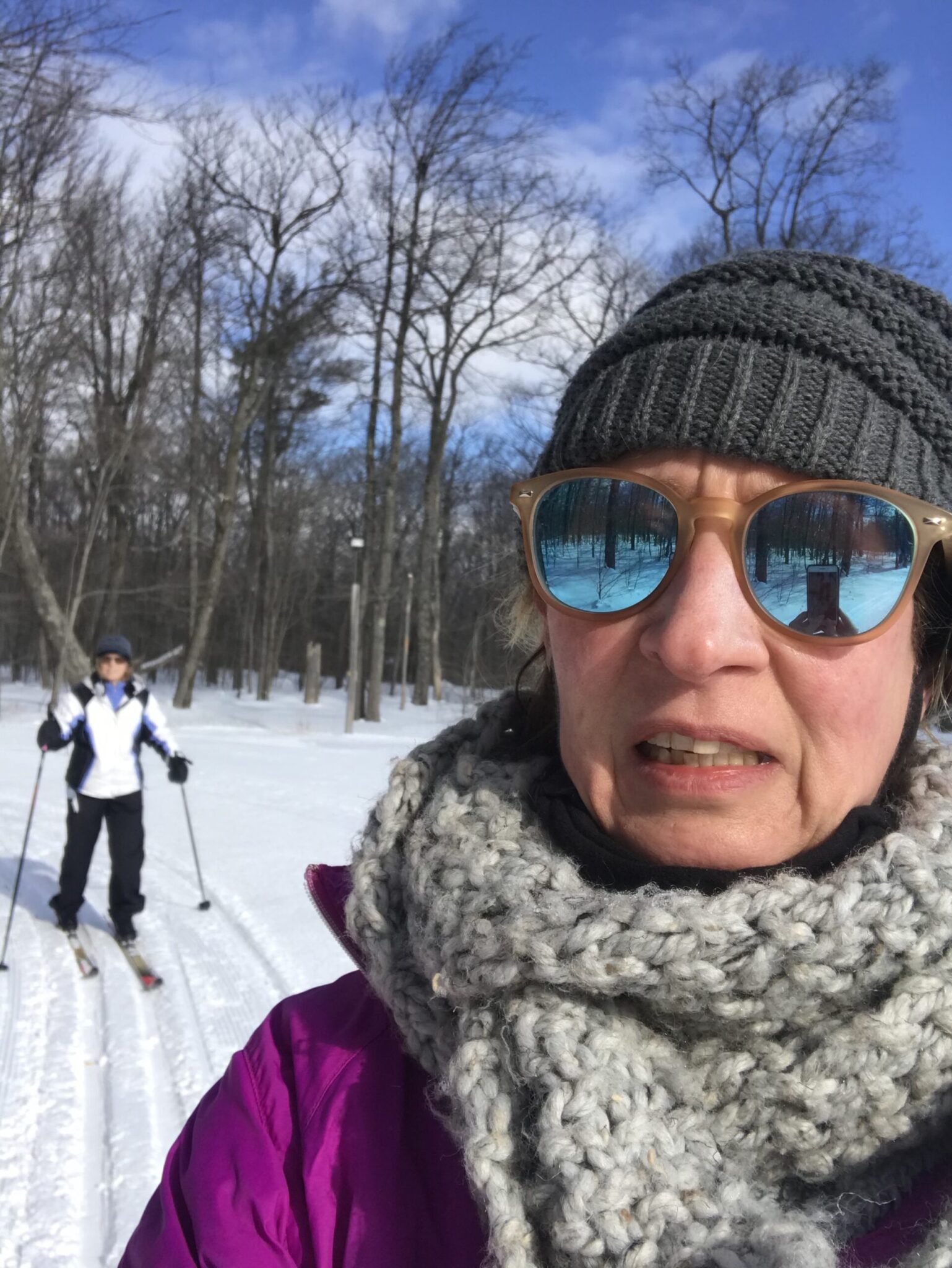  | AXYS Support Groups | All | ||
| Monday June 21 | 5:00 PM | 6:30 PM | Mid Atlantic (PA, NJ, DE, MD, DC, VA, WV) Welcome Session | We warmly invite those who live in PA, NJ, MD, VA and DC to meet the support group leaders from this area and others who live near you. | Erin Frith, MEd, Matt McKeon, Stefan Schwarz, Erin Torres |                                         | AXYS Support Groups | All | ||
| Monday June 21 | 5:00 PM | 6:30 PM | Bienvenidos Hispano-hablantes | Invitamos cordialmente a aquellos que hablan español a pasar por esta sesión de chat. | Hannah Acevedo-Schiesel MS, LEP, ABSNP, BCBA, Silvia Mann, Lorena Quiroga |         | AXYS Support Groups | All | ||
| Monday June 21 | 5:00 PM | 6:30 PM | Southeastern (GA, FL, AL, MS, TN) US Welcome Session | We warmly invite those who live in GA, FL, AL, MS, and TN to meet the support group leaders from this area and others who live near you. | Dorothy Boothe, Tina Hanif | 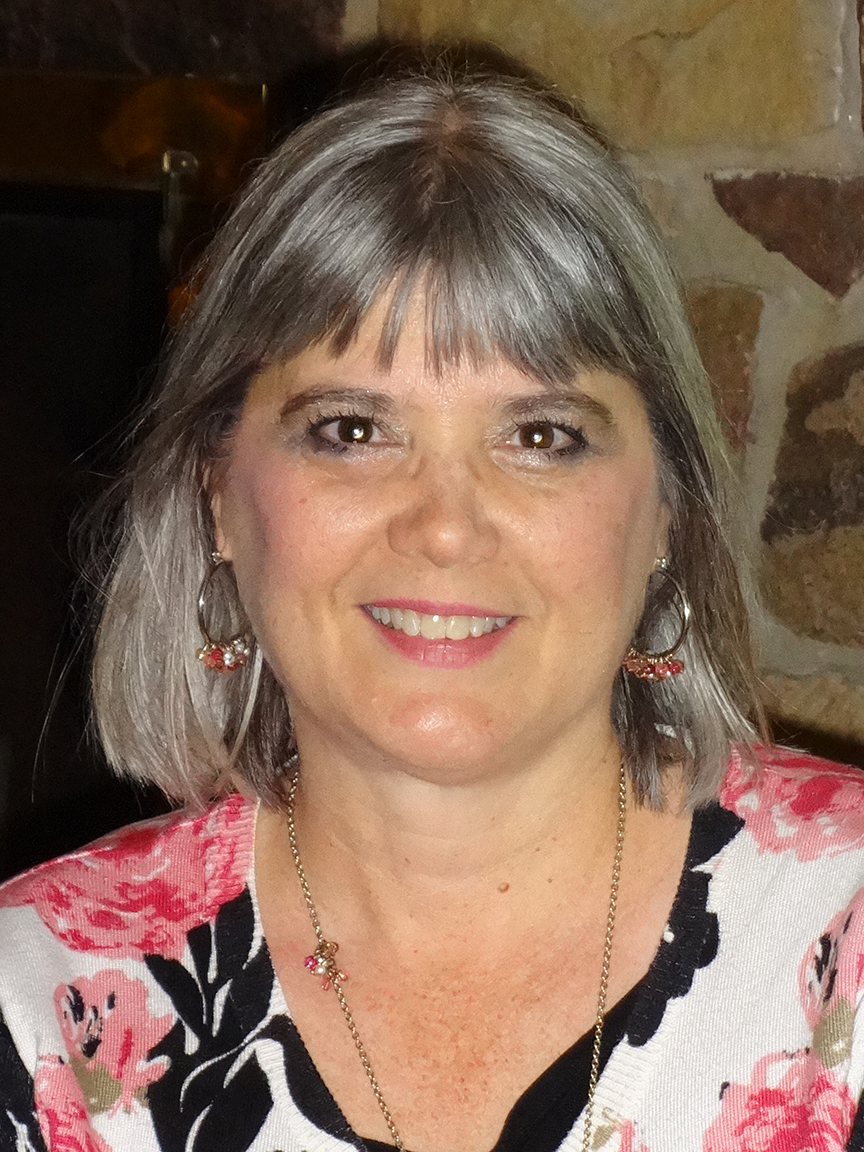  | AXYS Support Groups | All | ||
| Monday June 21 | 6:00 PM | 7:30 PM | Midwest Welcome Session | We warmly invite those who live in KS, MO, NE, IA and other Mid-Western states to meet the support group leaders from this area and others who live near you. | Rebecca Kaus, Kerry Sloyan | 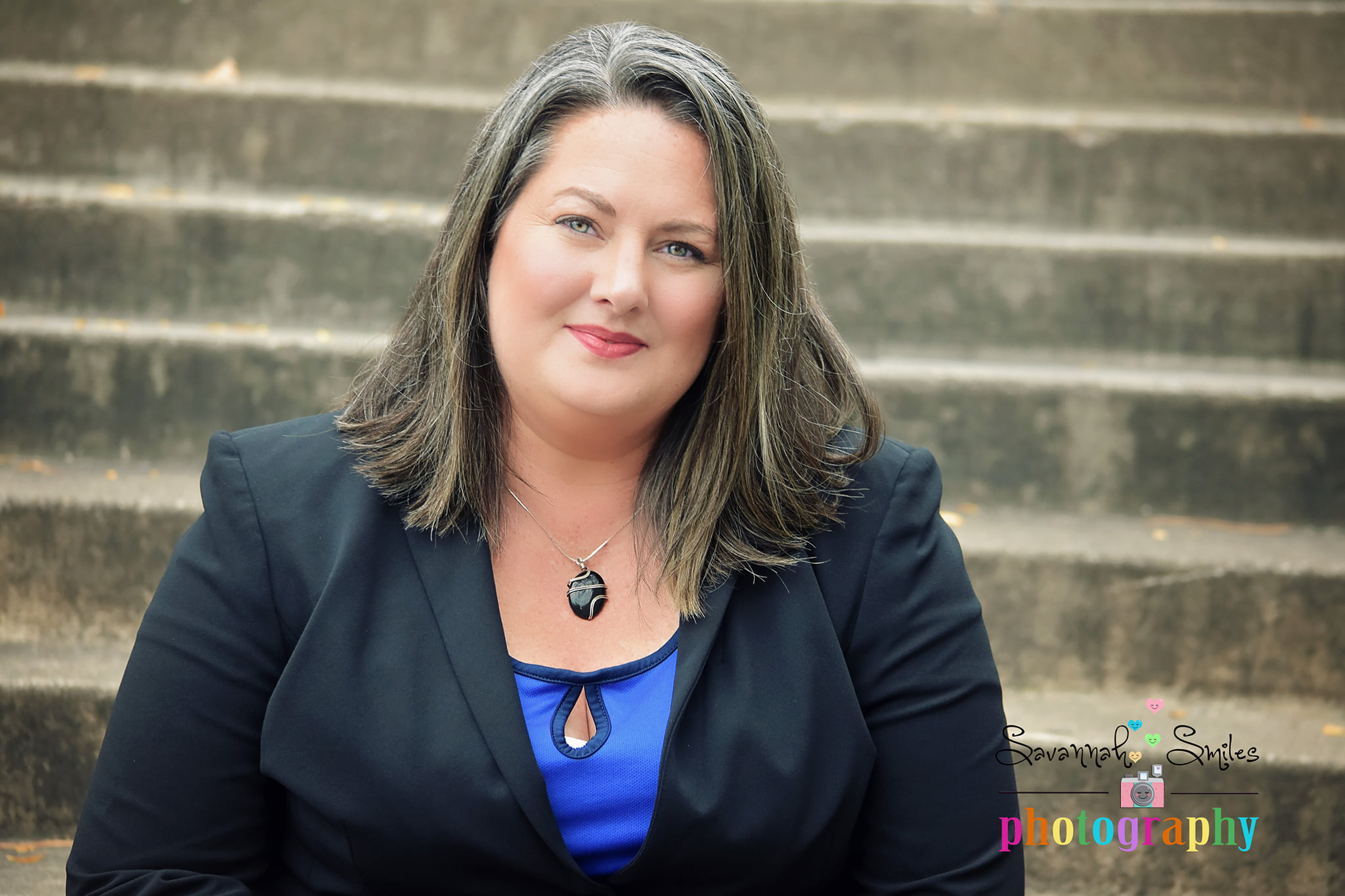  | AXYS Support Groups | All | ||
| Monday June 21 | 7:00 PM | 8:30 PM | Rocky Mountain Welcome Session | We warmly invite those who live in CO, UT, NM, WY, and western NE to meet the support group leaders from this area and others who live near you. | Susan Atwell, Heidi Wallack |     | AXYS Support Groups | All | ||
| Monday June 21 | 8:00 PM | 9:30 PM | West Coast Welcome Session | We warmly invite those who live in CA, OR and WA to meet the support group leaders from this area and others who live near you. | Hannah Acevedo-Schiesel MS, LEP, ABSNP, BCBA, Vanessa Alschuler, Lauren Mathews, Lorena Quiroga, Katie Renati |         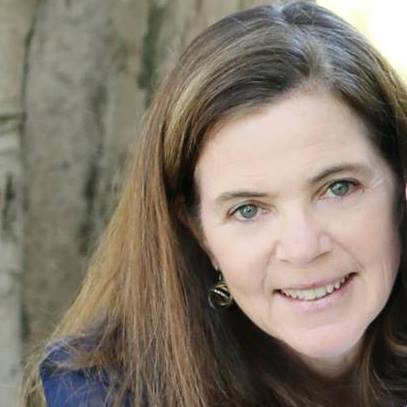  | AXYS Support Groups | All | ||
| Tuesday June 22 | 2:30 PM | 2:45 PM | First Time Attendee Check-in Session | Stop by and say hello if this is your first conference or if you are new to AXYS. We're here to answer your questions and make you feel welcome. | Erin Frith, MEd, Stefan Schwarz, Erin Torres |                                     | All | |||
| Tuesday June 22 | 3:00 PM | 3:50 PM | What is Testosterone? What is TRT? | If you have heard a lot about “testosterone” but do not really know what it is or why it is such a big deal, this session is for you. We will discuss the systemic role of testosterone in the body, testosterone throughout the lifespan, and measurement of testosterone and other related hormones. This is the background you need to partner with your endocrinologist. | Shanlee Davis, MD, PhD, Assistant Professor of Pediatrics, University of Colorado | 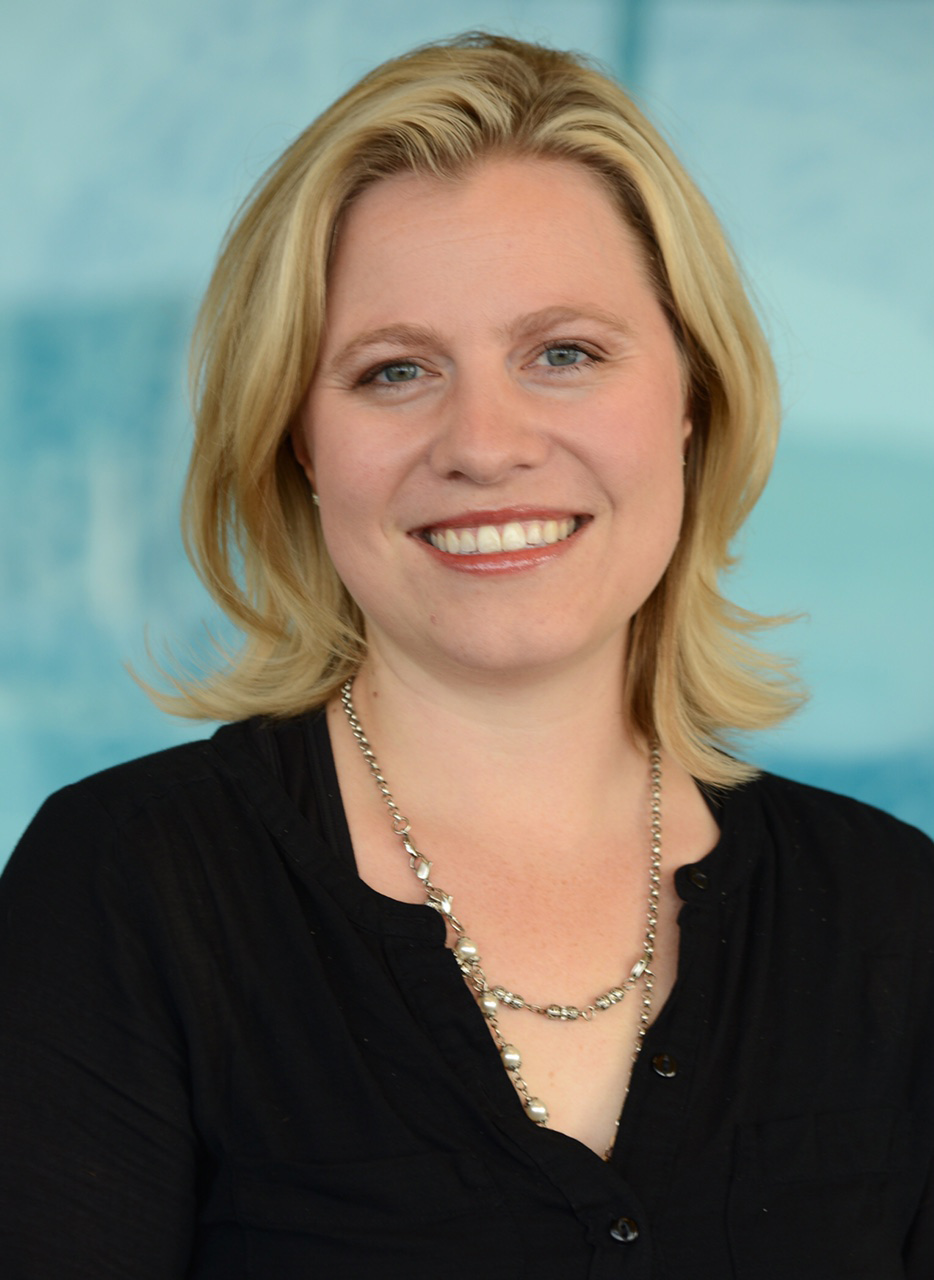     | XXY, XXYY, XXXY | |||
| Tuesday June 22 | 4:00 PM | 4:50 PM | Can We Talk? Disclosing the diagnosis to siblings, relatives. A talk for parents of young children. | How do you tell your relatives? When do you tell them or do you tell them at all? An open discussion on this important topic. | Dr. Lilian Cohen | 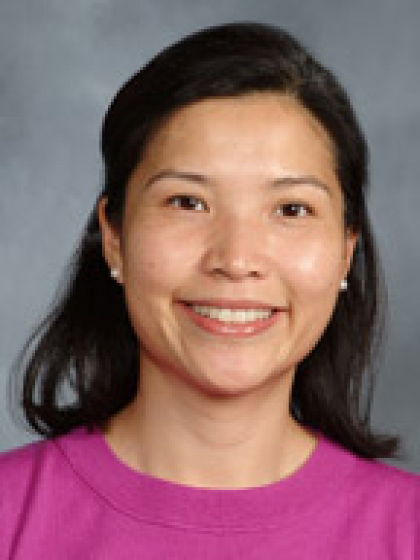  | YouTube video: Disclosing the Diagnosis in X and Y Variations | All | ||
| Tuesday June 22 | 5:00 PM | 5:50 PM | Conversation Skills for Adults: Lessons from the PEERS Program | Social skills challenges are common among individuals with various genetic, neurodevelopmental, and mental health conditions. Although these individuals may struggle with friendships and relationships, many indicate a desire for learning how to develop and maintain meaningful relationships with others. This presentation will discuss the UCLA PEERS Program, an evidence-based social skills intervention for youth and young adults with social skills difficulties, with a specific focus on concrete rules and steps for conversation skills. | Jasper A. Estabillo, PhD, Clinical Instructor & Postdoctoral Fellow, UCLA PEERS Clinic |   | Presentation Slides | All | ||
| Tuesday June 22 | 6:00 PM | 6:50 PM | Early Intervention for Young Children with X&Y Variations | Recent advances in noninvasive prenatal testing have resulted in an increased number of infants with confirmed diagnoses of X&Y variations. Consequently, early childhood support systems must prepare for an influx of children with known risks for associated developmental delays and potential future school problems. In a recent national survey, parents of children with X&Y variations described early intervention (EI) services as desirable and effective yet also difficult to obtain due to a lack of provider knowledge and challenges navigating the intervention systems. This presentation will provide an introduction to EI services in the U.S., current data on how young children with X&Y variations are served through EI, and tips for how families can access EI services for their young children. | Talia Thompson, PhD, Assistant Professor, University of Colorado | 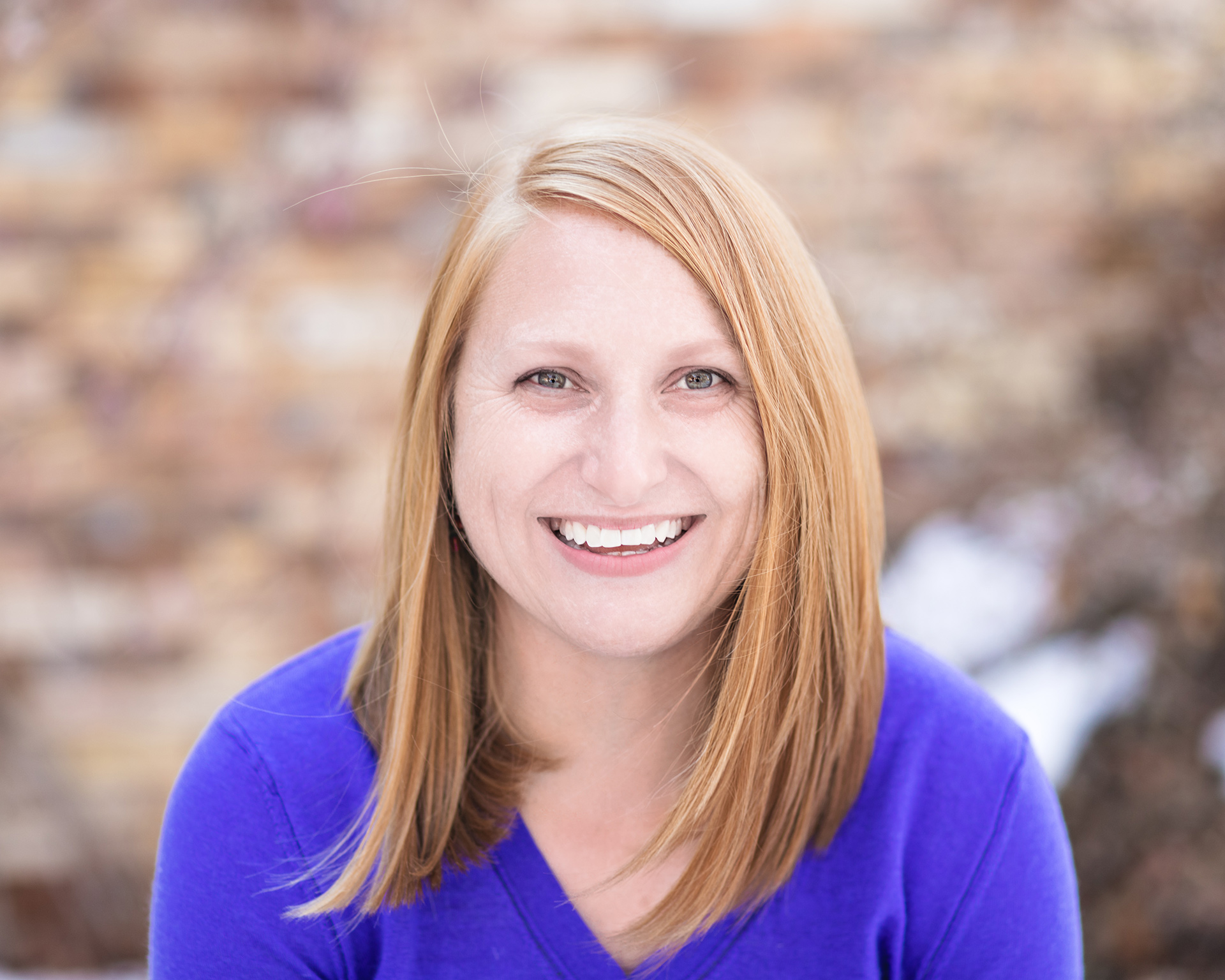   | AXYS Consensus Document: Educational Guidelines, IEPs, and School Services | All | ||
| Tuesday June 22 | 7:30 PM | 8:00 PM | Can We Talk? Chat with Erin and Jonathan from the NIH Study about upcoming research opportunities | Jonathan Blumenthal, Erin Torres | 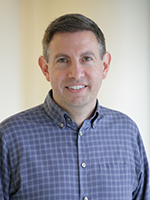               | YouTube video: Dr. Raznahan on NIMH research on X&Y chromosome variations | All | |||
| Tuesday June 22 | 8:00 PM | 8:50 PM | Patterns of Mental Health Risk in X/Y Variations | This talk will summarize findings from new research that examined patterns of mental health difficulties in children, adolescents, and adults with XXY, XYY, XXX, and XXYY. Recommendations for clinical practice based on the results from this research will be discussed briefly. The talk is intended for caregivers/ parents of youth and adults with X/Y variations, as well as clinicians that work with these families. | Srishti Rau, PhD, Pediatric Neuro-psychologist, Children's National and NIMH |   | All | |||
| Tuesday June 22 | 9:15 PM | 9:30 PM | Meditation | Dan Globus, the Director and lead Meditation teacher of Meditation House, will be leading two Mindfulness Meditation sessions at the AXYS 2021 Virtual Family Conference. Meditation House specializes in teaching corporate mindfulness programs. Dan’s meditations draw inspiration from his Tibetan Buddhist training and his life experiences. He teaches a secular style of Meditation that is appealing to all people no matter their religion, race, or country of origin. Beginners and experienced meditators alike will find this class calming, insightful, and inspiring. | Dan Globus | 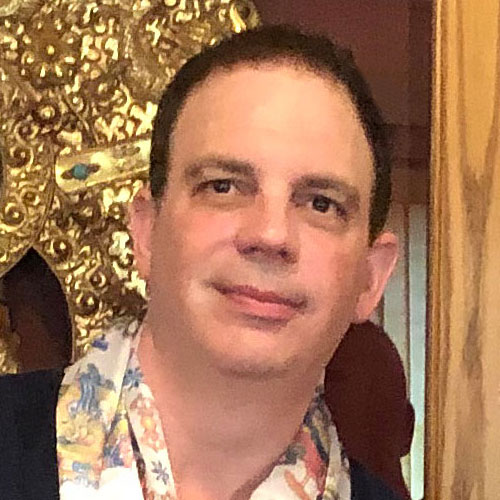   | Meditation House website | All | ||
| Wednesday June 23 | 2:30 PM | 2:45 PM | First Time Attendee Check-in Session | Stop by and say hello if this is your first conference or if you are new to AXYS. We're here to answer your questions and make you feel welcome. | Erin Frith, MEd, Carol Meerschaert, Stefan Schwarz |                                  | All | |||
| Wednesday June 23 | 3:00 PM | 3:50 PM | Whole Genome Sequencing and Genetic Counseling for X & Y Variations: Research Opportunities at the NIH | This presentation will describe a genetic sequencing research study at the NIH. We will discuss the scientific reasoning for the study, relevant genetic technologies, and genetic counseling related to X&Y variations. This presentation is aimed toward parents, adults, and adolescents - anyone who is interested in learning more! | Michael Setzer, ScM, CGC, Genetic Counselor, National Institutes of Health | 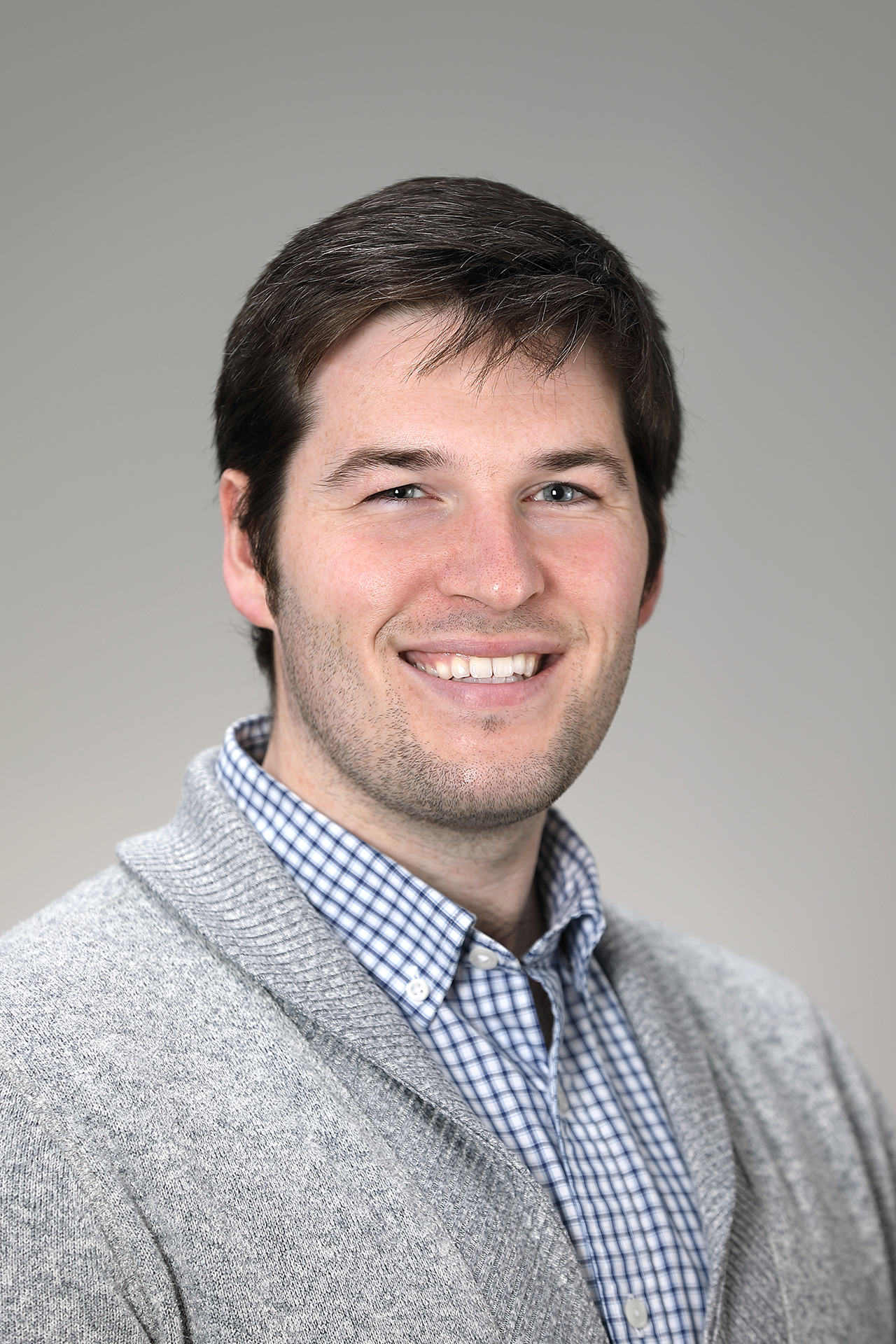  | YouTube video: How Research Benefits Families and Patients | All | ||
| Wednesday June 23 | 4:00 PM | 4:50 PM | Can We Talk? Confabulation: When your child does not tell the truth | Learn from seasoned parents who will share experiences and strategies. | Panel of Parents: Liz Claus, Judi Cyr, Gail Decker, Heidi Wallack |         | All | |||
| Wednesday June 23 | 5:00 PM | 5:50 PM | Can We Talk? Chat about the K-12 School Experience | Erin Frith, MEd, Educator, Talia Thompson, PhD, Assistant Professor, University of Colorado |                  | AXYS Consensus Document: Educational Guidelines, IEPs, and School Services | All | |||
| Wednesday June 23 | 6:00 PM | 6:50 PM | Lego Build | Grab your legos and have some family fun | Ken Benjes | All | ||||
| Wednesday June 23 | 7:00 PM | 7:50 PM | Black Affinity Group | A time for all who identify as Black to gather and chat. | Dalene Basden, Erin Torres | 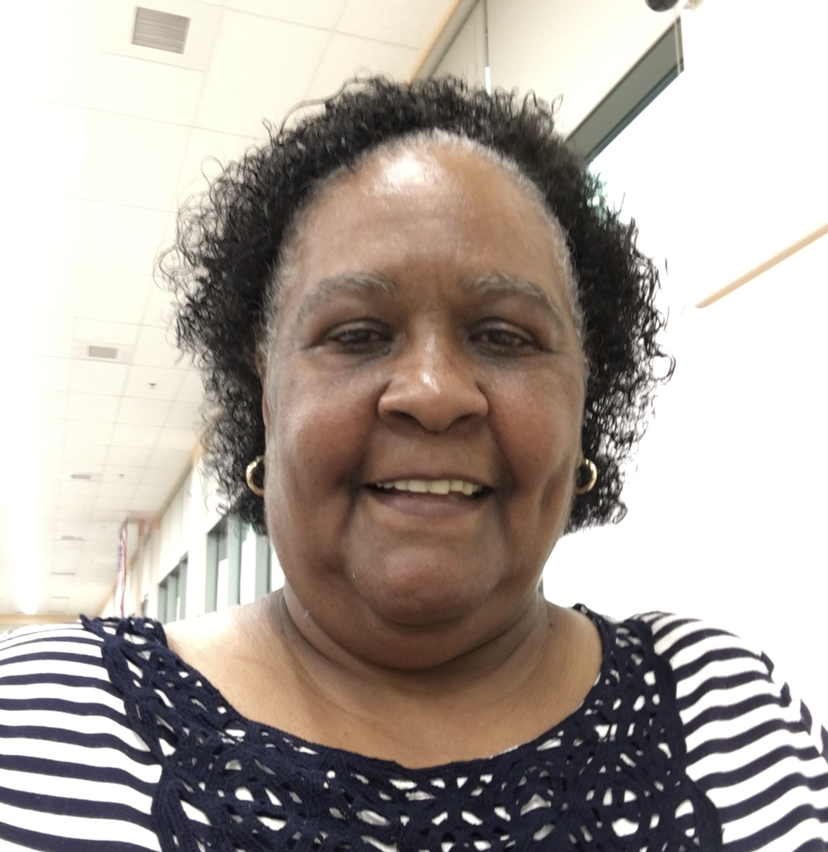               | All | |||
| Wednesday June 23 | 8:00 PM | 8:50 PM | Tools for Teaching Social Boundaries to Tweens, Teens, and Young Adults | Some behaviors can become problematic for individuals who struggle to understand and maintain social boundaries, particularly as they reach adolescence and young adulthood. This workshop will help caregivers, parents, teachers, and therapists learn strategies for helping make unwritten social rules more clear and concrete. | Hannah Acevedo-Schiesel MS, LEP, ABSNP, BCBA, Educational Psychologist/ Diplomate in School Neuro-psychology/ Board Certified Behavior Analyst, Pathways to Learning |      | Presentation Slides | All | ||
| Thursday June 24 | 2:30 PM | 2:45 PM | First Time Attendee Check-in Session | Stop by and say hello if this is your first conference or if you are new to AXYS. We're here to answer your questions and make you feel welcome. | Erin Frith, MEd, Carol Meerschaert, Stefan Schwarz, Erin Torres |                                              | All | |||
| Thursday June 24 | 3:00 PM | 3:50 PM | "It gets worse and then it gets better:" Individuals’ Experiences Receiving and Adapting to a Sex Chromosome Aneuploidy Diagnosis | In this presentation, we will give an overview of the experiences of adolescents and adults who received a postnatal diagnosis of a sex chromosome aneuploidy. Using data from interviews and surveys, we will describe individuals’ experiences receiving and adapting to their diagnosis over time. We will also discuss the role of self-advocacy and suggestions individuals provided for how the diagnosis disclosure process can be improved. This presentation may be interesting to a variety of audiences including people with an X/Y variation, their family members, and allies hoping to better understand their experiences. | Nivi Ahlawat, BS, Masters Student in Human Genetics and Genetic Counseling, Stanford School of Medicine Jordan P. Richardson, BS, Post-Baccalaureate Research Trainee, Biomedical Ethics Research Program, Mayo Clinic |   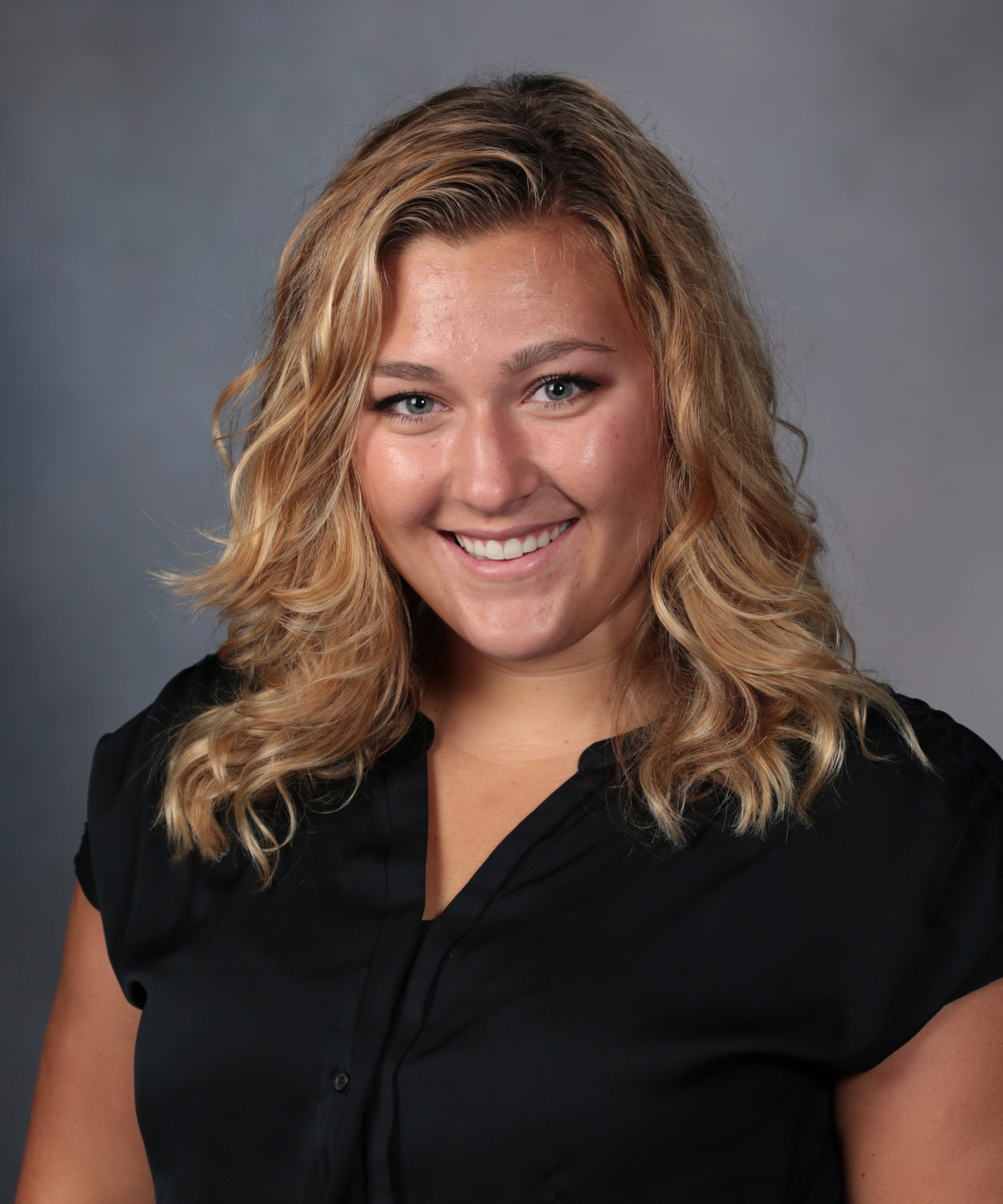  | YouTube video: Parental Advocacy for Children with Sex Chromosome Aneuploidies | All | ||
| Thursday June 24 | 4:00 PM | 4:50 PM | Recommendations to Providers to Improve the Parent Experience of Receiving an X/Y Variation Diagnosis | We are interested in publishing concrete advise to medical providers on how to best deliver a diagnosis of an X/Y Variation. We will present feedback from the hundreds of parents who have participated in our research thus far and ask for feedback from you on whether they reflect your experiences and anything else you would like medical providers to know. | Kirsten A. Riggan, MA, MS, Research Coordinator, Mayo Clinic | 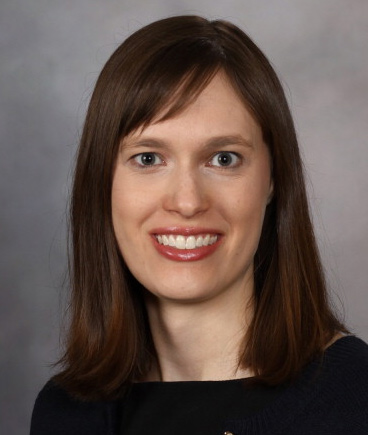  | How to Best Deliver a Diagnosis of an X/Y Variation to Parents | All | ||
| Thursday June 24 | 5:00 PM | 5:50 PM | Emotional Regulation | This presentation will help caregivers /parents of adolescents with Klinefelter's syndrome understand emotional regulation. Participants will learn about the typical emotional responses in adolescents and how having Klinefelter's syndrome plays a unique role. Strategies for parental coping will be provided and discussed. | Leela Morrow, PsyD, Pediatric Psychologist, Children's Hospital of Philadelphia | 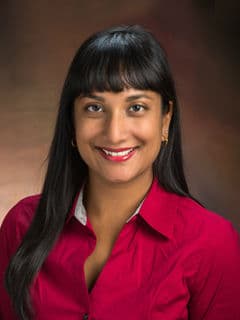  | Presentation Slides | YouTube video: Keeping your cool around emotional behaviors | All | ||
| Thursday June 24 | 6:00 PM | 6:50 PM | Transition from pediatric to adult-oriented medical care | Transition from pediatric to adult-oriented care is important for health and wellbeing. However, adolescents and young adults have unique needs and the transition process can be full of challenges. This talk will describe key steps in transition for adolescents/ young adults, parents/caregivers and healthcare professionals. We will review resources, tools and models of care to help patients navigate the passage to adult-oriented care. At the end of this presentation, participants will be able to: 1) appreciate the importance of transition; 2) recognize available resources; and 3) begin discussions with healthcare providers to plan a smooth transition. | Andrew Dwyer, PhD, FNP-BC, FNAP, FAAN Assistant Professor Boston College - MGH-Harvard Center for Reproductive Medicine | 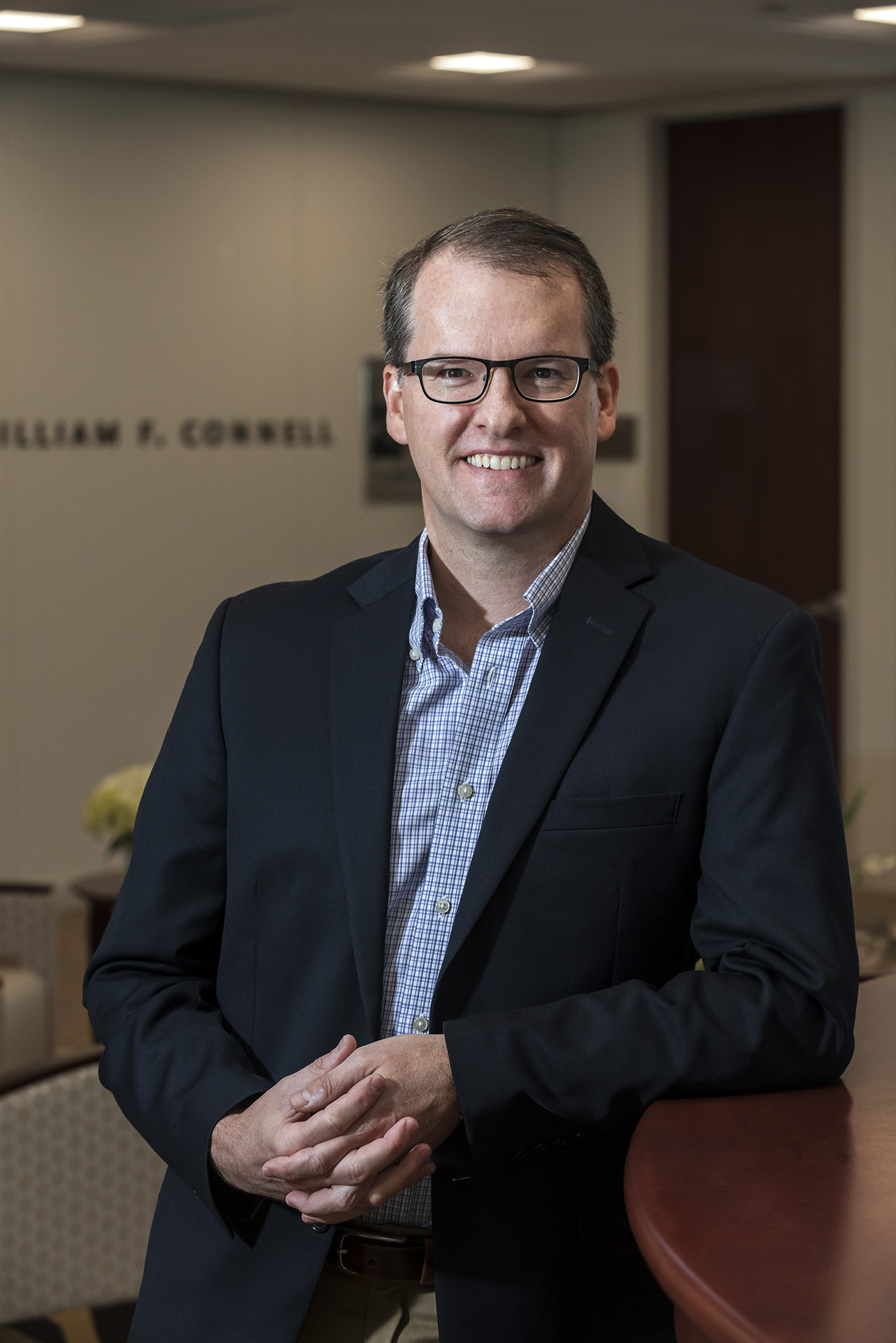  | Pediatric vs. Adult Care | A Family Toolkit: Pediatric to Adult Health Care Transition | All | ||
| Thursday June 24 | 7:00 PM | 7:50 PM | Scavenger Hunt | A fun activity for all ages. | Andrea Millett |       | All | |||
| Thursday June 24 | 8:00 PM | 8:50 PM | Self-care and Resiliency | People that care for others often have limited knowledge of the impact of compassion fatigue and lack skills needed to foster self-care practices for themselves. This presentation is designed to explore the concept of compassion fatigue and equip individuals with the knowledge and skill needed to identify caring and compassion fatigue, and create prevention and intervention plans to promote self-care and resiliency. Topics will include:
| Donna M. White RN, PhD, CNS, LADC I, Addiction Specialist | 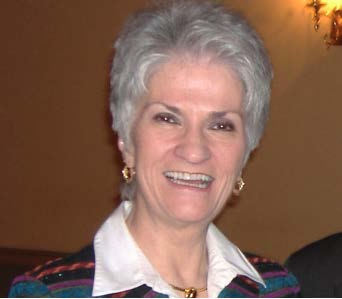  | All | |||
| Thursday June 24 | 9:15 PM | 9:30 PM | Meditation | Dan Globus, the Director and lead Meditation teacher of Meditation House, will be leading two Mindfulness Meditation sessions at the AXYS 2021 Virtual Family Conference. Meditation House specializes in teaching corporate mindfulness programs. Dan’s meditations draw inspiration from his Tibetan Buddhist training and his life experiences. He teaches a secular style of Meditation that is appealing to all people no matter their religion, race, or country of origin. Beginners and experienced meditators alike will find this class calming, insightful, and inspiring. | Dan Globus |    | Meditation House website | All | ||
| Friday June 25 | 2:30 PM | 2:45 PM | First Time Attendee Check-in Session | Stop by and say hello if this is your first conference or if you are new to AXYS. We're here to answer your questions and make you feel welcome. | Erin Frith, MEd, Carol Meerschaert, Stefan Schwarz, Erin Torres |                                              | All | |||
| Friday June 25 | 3:00 PM | 3:50 PM | Heart Health in People with Klinefelter Syndrome | We will present concerns related to heart health that can be seen in some people with Klinefelter syndrome. We will also discuss ways to prevent, screen for, and treat any heart-related problems that may occur. This talk is intended for patients and their family members. | Frances High, MD, PhD, Medical Geneticist, Massachusetts General Hospital | 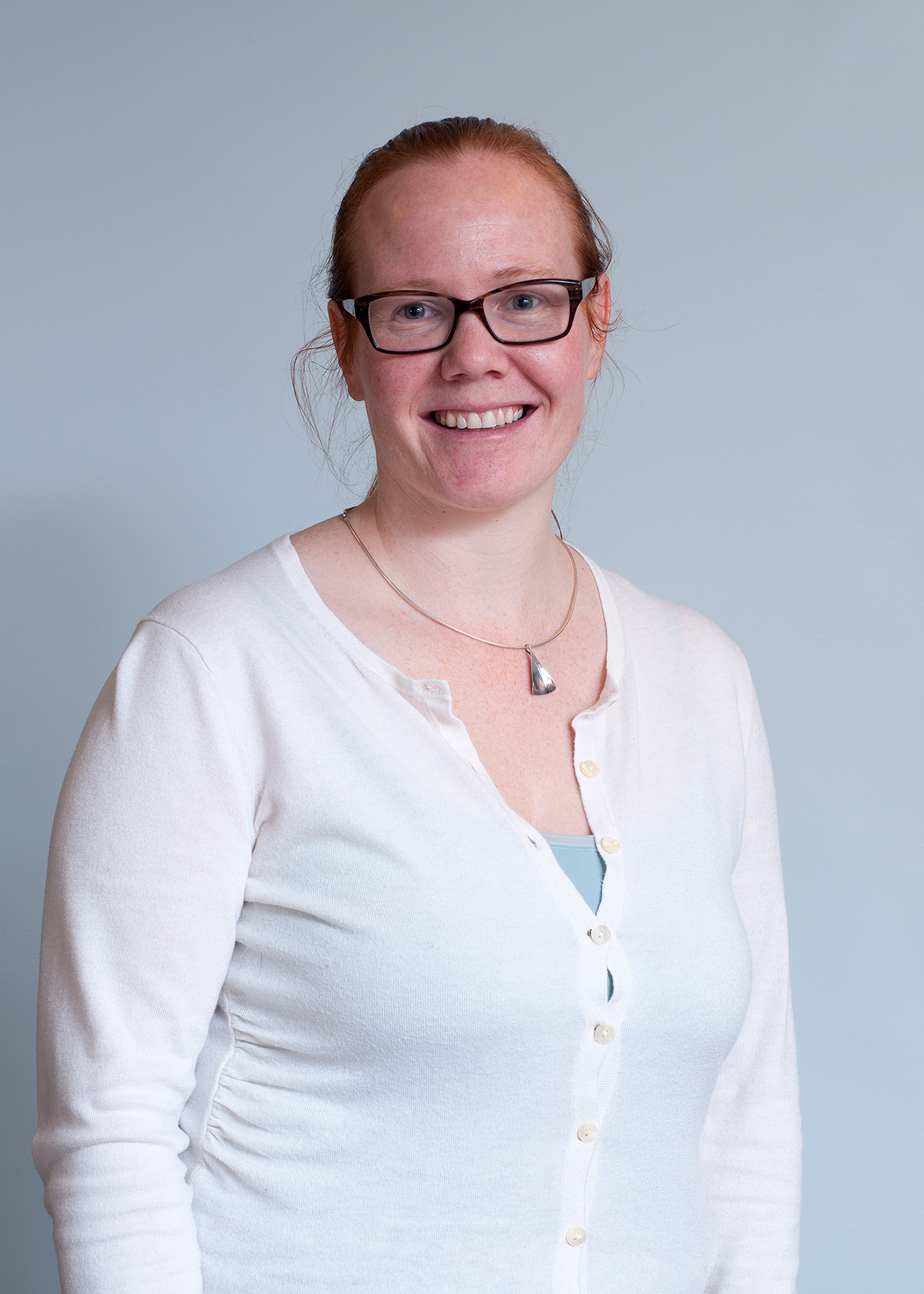  | YouTube video: Metabolic Syndrome | XXY | ||
| Friday June 25 | 4:00 PM | 4:50 PM | The Relationship of Physical Function and Psychosocial Health on Quality of Life in Individuals with 48,XXYY | Individuals with 48,XXYY experience physical, psychosocial, and neurocognitive symptoms affecting their health. This study utilized a cross-sectional, descriptive mixed methods design to explore health and quality of life of men with 48,XXYY. Participants completed demographic, depression, anxiety, and quality of life symptom surveys. A subset of participants was purposively chosen to then complete interviews that explored health, quality of life, and healthcare needs. Twenty-two participants completed surveys, and 10 participants completed interviews. While participants reported high levels of depression and anxiety, they generally reported good quality of life. Psychosocial health concerns were most impactful on quality of life. Triangulation of data explained how depressive or anxious symptoms were often related to social contexts, such as difficulty with intimate relationships, negative social interactions, and lack of independ-ence. This presentation is intended for teens and adults with 48,XXYY and parents/ caregivers of teens and adults with 48,XXYY. | Amy A. Blumling, PhD, CPNP-PC, Clinical Instructor Nell Hodgson Woodruff School of Nursing, Emory University | 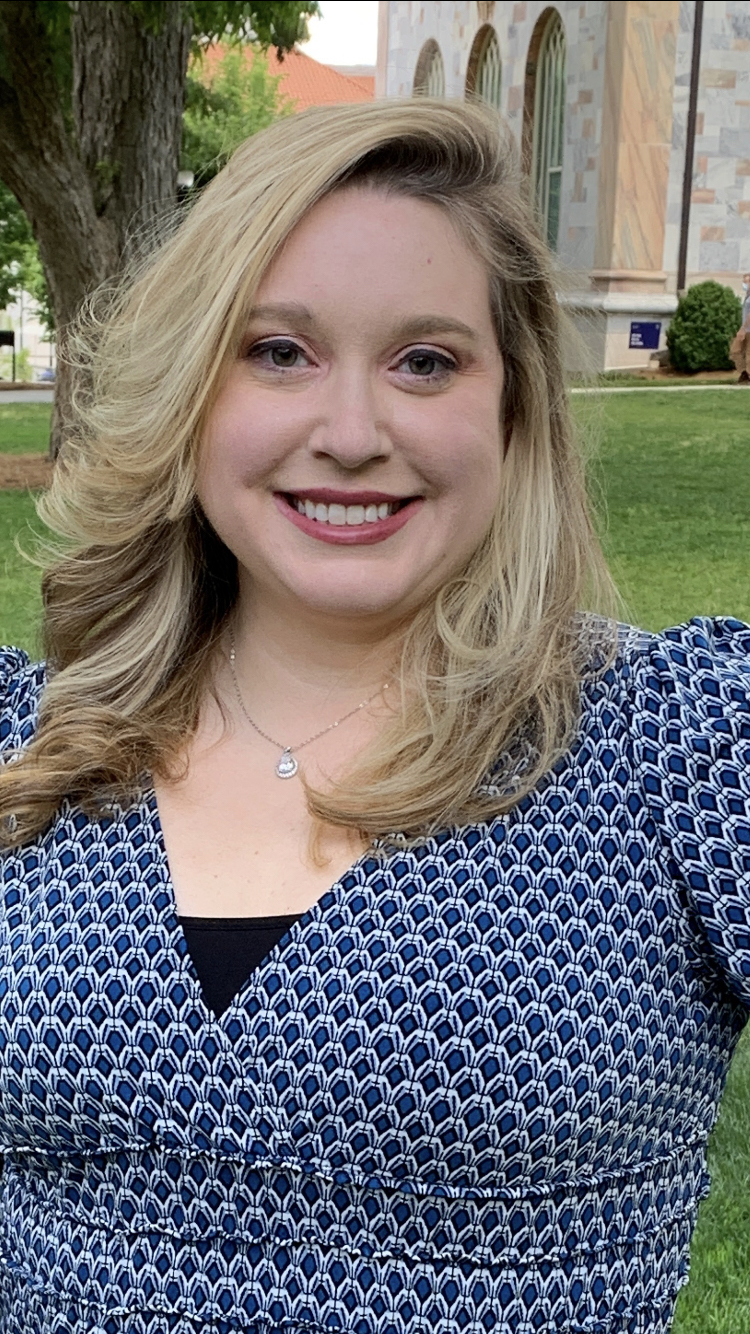  | XXYY | |||
| Friday June 25 | 5:00 PM | 5:50 PM | Fertility in Klinefelter Syndrome | Although fertility has been previously thought to be impossible for men born with Klinefelter syndrome, substantial new technology, including surgical techniques have been developed to successfully treat the majority of men with KS. This talk will overview the development of this technique, background information on why some centers are more successful for treatment, as well as key elements to understand for men who require testosterone treatment for management of KS during development. The newest concepts on timing of treatment will also be overviewed based on the authors perspectives and experience with treating over 500 men with KS for fertility preservation and treatment. | Peter Schlegel, MD, Professor of Urology, Weill Cornell Medicine | 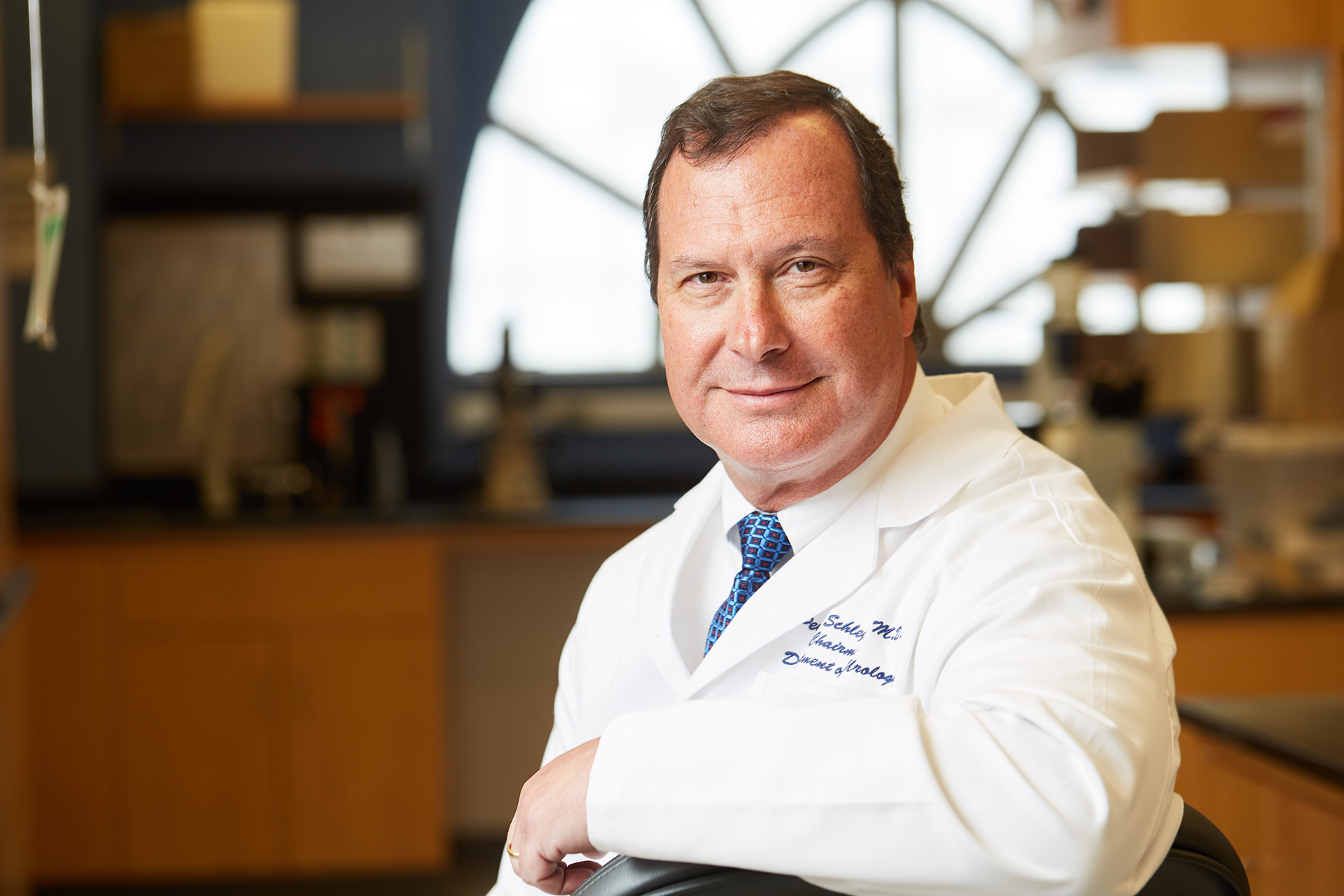  | AXYS Consensus Document: Fertility Guidelines for KS | XXY | ||
| Friday June 25 | 6:00 PM | 6:50 PM | Can We Talk? Many ways to make a family: Donor conception, adoption and more | Hooman Sadri-Ardekani, MD, PhD and Stuart S. Howards, MD Wake Forest Baptist Medical Center, Department of Urology and Center for Reproductive Medicine Ryan Flannigan, MD, FRCSC Flannigan Fertility – Reproductive Medicine Vancouver, British Columbia | 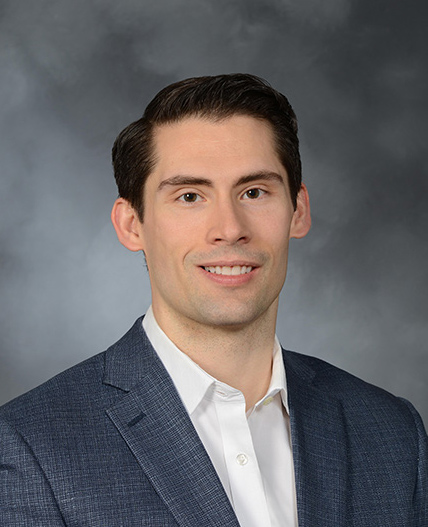     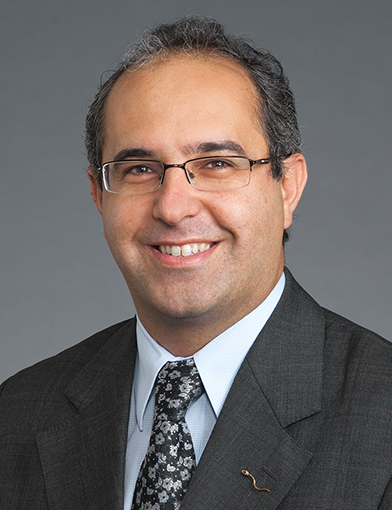   | AXYS Consensus Document: Fertility Guidelines for KS | All | |||
| Friday June 25 | 6:00 PM | 6:50 PM | Fertility and Ovary Function in Trisomy X | Girls and women with trisomy X sometimes have ovaries that stop working too early – called premature ovarian failure (POF). In this session, we will go over the normal function of the ovaries and what we know about ovary function in 47,XXX. We will provide our recommendations for monitoring ovarian function in trisomy X, as well as an overview of treatment for POF. | Shanlee Davis, MD, PhD, Assistant Professor of Pediatrics, University of Colorado |      | Article: Diminished Ovarian Reserve in Girls and Adolescents with TXS | YouTube video: Risk for Early Ovarian Failure in Girls with Trisomy X Syndrome | Trisomy X | ||
| Friday June 25 | 7:00 PM | 7:30 PM | Performance | Michael Palumbo | All | |||||
| Saturday June 26 | 8:00 AM | 8:50 AM | Can We Talk? Coffee with the AXYS Board Chair | Erin Frith, MEd |               | All | ||||
| Saturday June 26 | 9:15 AM | 9:45 AM | Introduction to the new Clinical Registry, GALAXY (Generating Advancements through Longitudinal Analysis in X and Y syndromes) | This presentation will introduce and describe the new clinical registry, GALAXY (Generating Advancements through Longitudinal Analysis in X and Y syndromes). This AXYS funded registry aims to advance clinical research by collaborating in the collection of research data among national AXYS Clinic and Research Consortium (ACRC) members, utilizing standardized metrics, scientific approaches, and professional working groups to expedite progress in basic science, clinical management, and future treatments for X&Y syndromes. | Shanlee Davis, MD, PhD, Assistant Professor of Pediatrics, University of Colorado Susan Howell, MS, CGC, MBA, Genetic Counselor, University of Colorado |      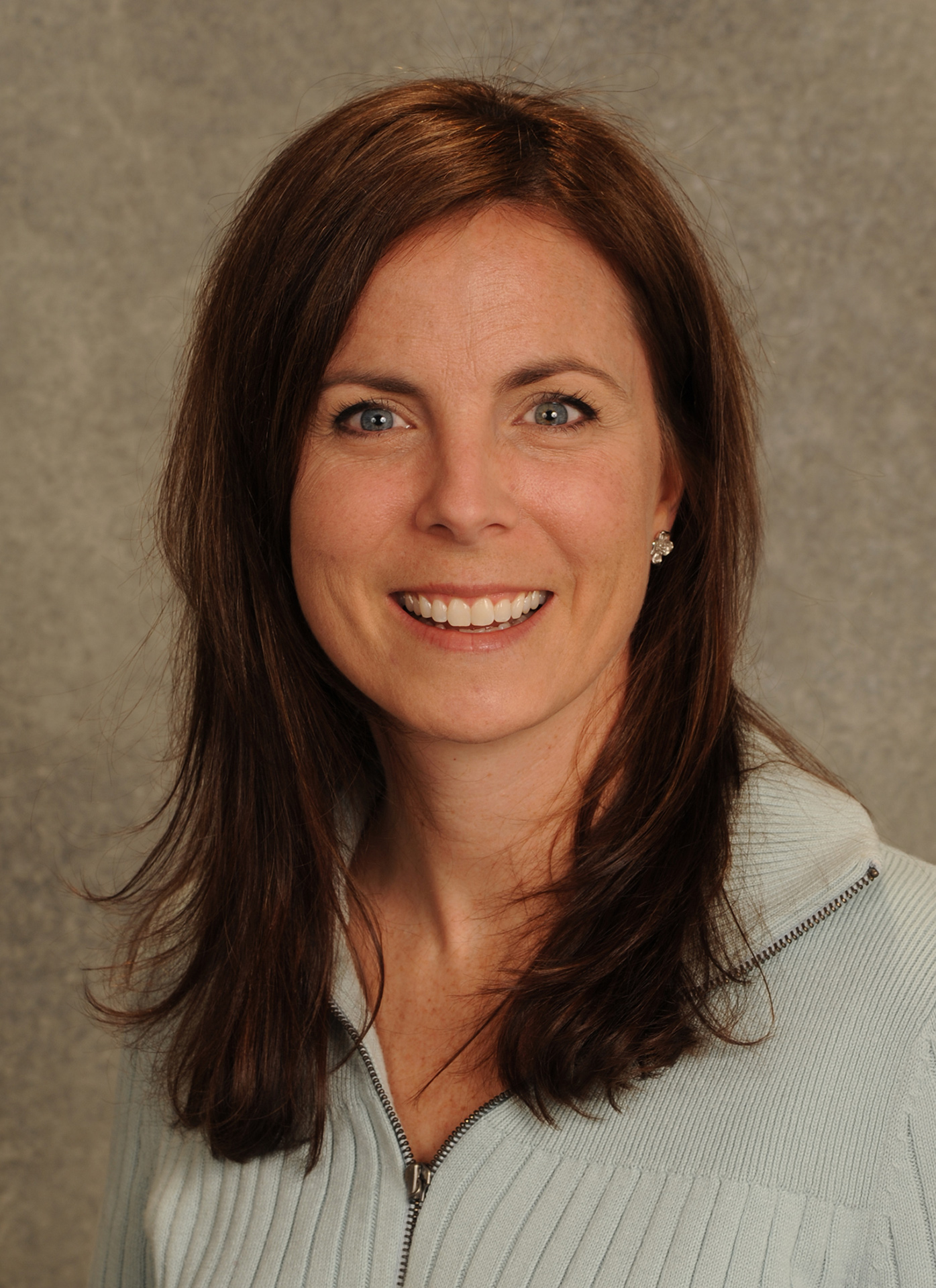  | Presentation Slides | Design the GALAXY Registry Logo Contest | How Research Benefits Families and Patients | All | ||
| Saturday June 26 | 10:00 AM | 10:50 AM | Testosterone treatment in Klinefelter syndrome | Klinefelter Syndrome (KS) is associated with hypergonadotropic hypogonadism and treatment with testosterone replacement therapy (TRT) is commonly indicated. There are no international guideline for the most appropriate TRT in KS. We conducted a retrospective study covering 5 years from 2015-2020. Data on TRT, biochemical parameters, bone mineral density (BMD), medications, comorbidity and karyotyping were extrated. We examined the effect of transdermal and injection TRT in 147 KS males. Testosterone levels were similar in the two TRT groups (p=0.9), while LH and FSH levels were higher in the group receiving transdermal TRT. Levels of all other parameters were similar. TRT, irrespective of route of administration, affects androgen responsive variables similarly in males with KS. Implementation of shared decision-making with patients may be important when choosing TRT. | Claus H. Gravholt, MD, PhD, Professor, Aarhus University Hospital |   | Article: Klinefelter Syndrome: Integrating Genetics, Neuropsychology, and Endocrinology | XXY | ||
| Saturday June 26 | 11:00 AM | 11:50 AM | Can We Talk? Starting TRT. A session for 'tweens to teens and their caregivers | Dr. Alan Rogol and Dr. Maria Vogiatzi | 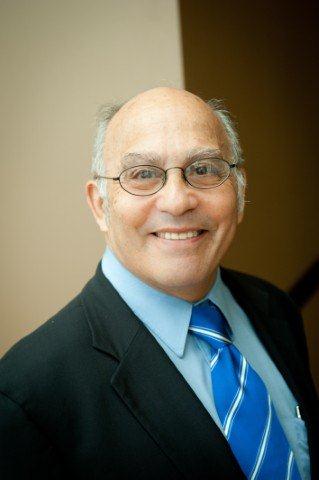  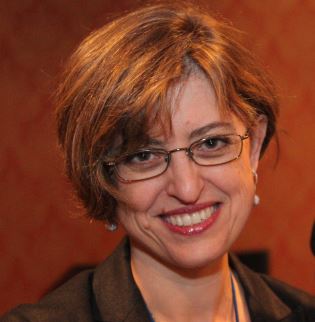  | Presentation Slides | XXY, XXYY, XXXY | |||
| Saturday June 26 | 11:00 AM | 11:50 AM | Can We Talk? TRT: A peer session on the practical considerations from those who are on TRT | Stefan Schwarz, TBA |           | XXY, XXYY, XXXY | ||||
| Saturday June 26 | 11:00 AM | 11:50 AM | Can We Talk? TRT and fertility | Hooman Sadri-Ardekani, MD, PhD Wake Forest Baptist Medical Center, Department of Urology and Center for Reproductive Medicine |    | AXYS Consensus Document: Fertility Guidelines for KS | YouTube video: Fertility in X&Y Chromosome Variations | XXY, XXYY, XXXY | |||
| Saturday June 26 | 12:00 PM | 1:00 PM | Children's activity: Art Session Cancelled | All | ||||||
| Saturday June 26 | 12:00 PM | 1:30 PM | Research for Infants and Young Children: TRIXY Study, eXtraordinarY Babies, Infant Testosterone studies | TRIXY Study: TRIXY Center of Expertise at Leiden University. The studies describe results from a large project on neurobehavioral and neuropsychological risks in young children with XXX, XXY and XYY, aged 1 to 6 years. The eXtraordinarY Babies Study: Progress to Date: The eXtraordinarY Babies Study is an NIH-funded study of infants prenatally diagnosed with sex chromosome variations (XXY, XYY, Trisomy X, XXYY). This presentation will provide an overview of the study, and report progress to date from over 220 infants who are now 1-4 years of age. We will discuss medical features, developmental profiles, and other study findings. The presentation will target parents, providers, researchers, and anyone else interested in learning about our eXtraordinarY Babies TESTO Study: With the increase in prenatal testing, knowledge of the mini-puberty period of infancy in boys, and some preliminary reports of benefits from early testosterone, there is an urgent need to determine if a short course of testosterone is safe and helpful for infants with 47,XXY. The Testosterone Effects on Short Term Outcomes (TESTO) in Infants with XXY study is a clinical trial paid for by the NIH to answer some of those important questions. Join us to hear about progress and updates from the study team. | TRIXY Study: Nienke Bouw, MSc, Researcher, Leiden University, Kimberly Kuiper, MSc, Project Researcher, Leiden University, Evelien Urbanus, MSc, Researcher, Leiden University The eXtraordinarY Babies Study: Progress to Date: Nicole Tartaglia, MD, MS, Developmental-Behavioral Pediatrician, University of Colorado, Children's Hospital Colorado TESTO Study: Shanlee Davis, MD, PhD, Assistant, Professor of Pediatrics, University of Colorado | 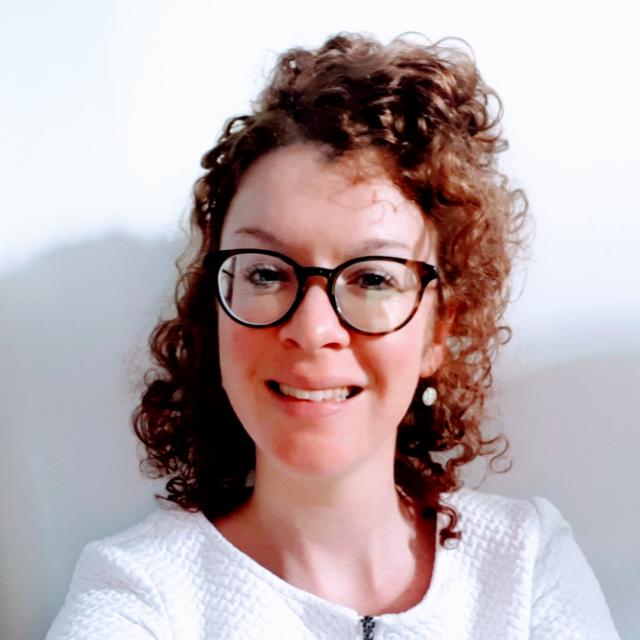  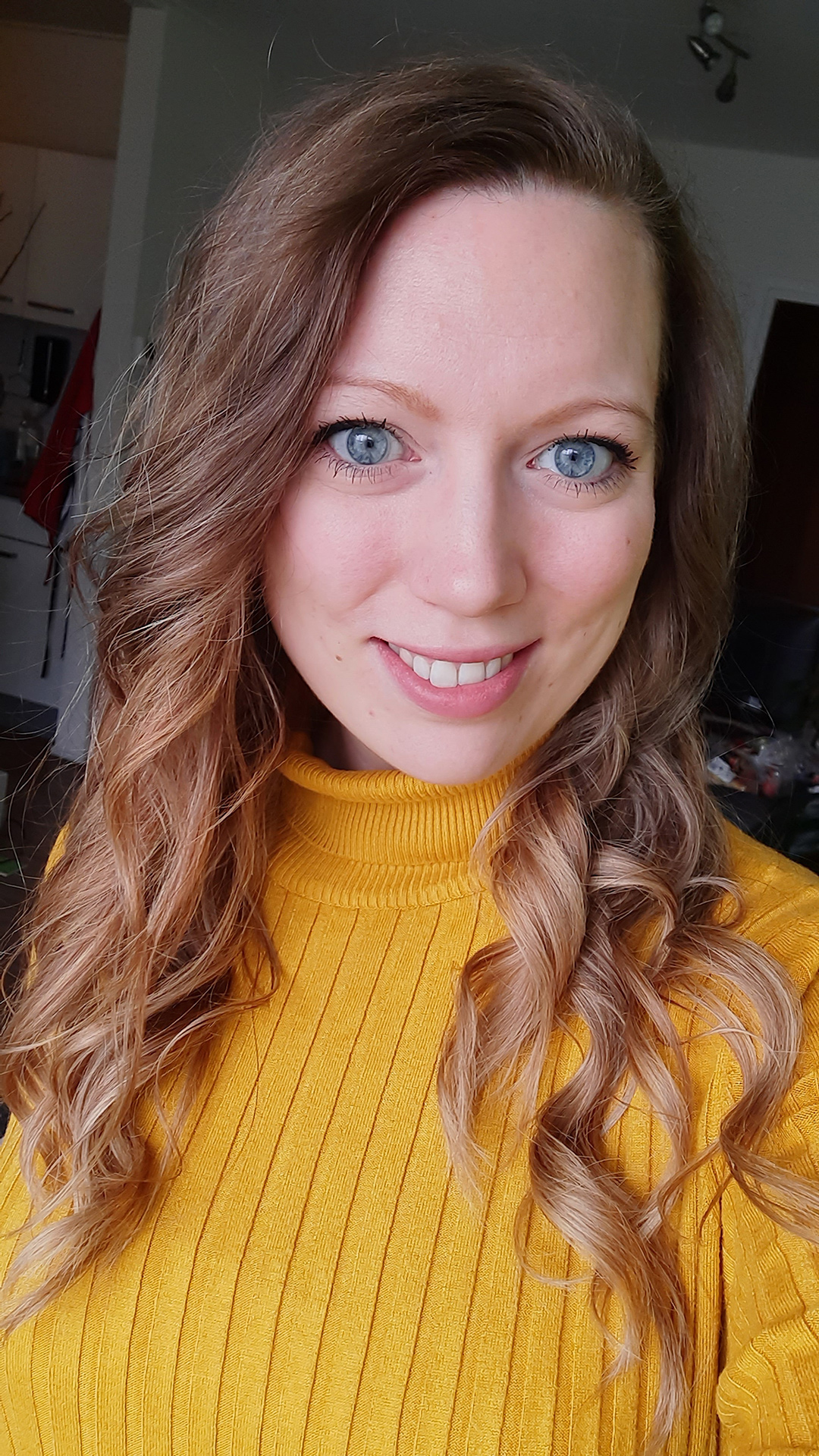  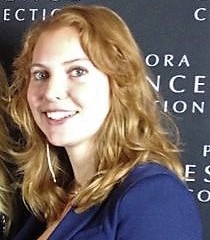          | How Research Benefits Families and Patients | All | ||
| Saturday June 26 | 1:30 PM | 1:50 PM | Translating Research Findings into Helpful Information for Parents and Caretakers | This session will target parents of infants and children with X&Y chromosome variations to further discuss the research findings from the infant studies above (TRIXY, TESTO, eXtraordinarY Babies Study). We will discuss the research findings and how they can help inform care, counseling and treatment recommendations for patients and families. | Nicole Tartaglia, MD, MS, Developmental-Behavioral Pediatrician, University of Colorado, Children's Hospital Colorado |    | ||||
| Saturday June 26 | 2:00 PM | 2:50 PM | Special Education 101 | Tom Davis, Esq., Associate Attorney, Raffaele & Associates, LLC, & Ahmer Sheriff, JD, Attorney, Roetzel & Andress | 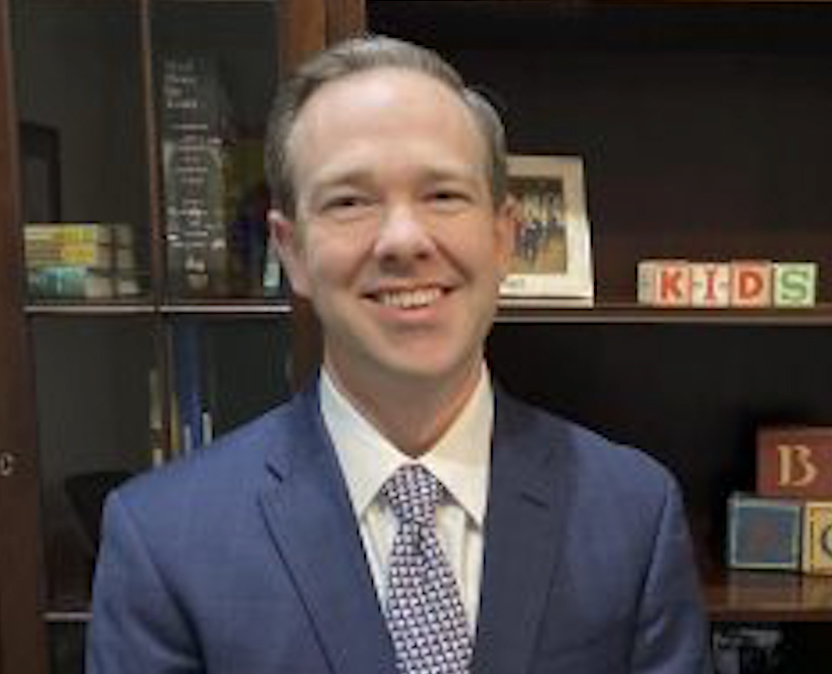    | All | ||||
| Saturday June 26 | 3:00 PM | 3:50 PM | Can We Talk? Disclosing your diagnosis at work | Should you tell your boss or your colleagues about your X or Y variation? Adults with X and Y variations will lead this discussion. | Matt McKeon, Andrea Millett, Stefan Schwarz |                     | YouTube video: Disclosing the Diagnosis in X and Y Variations | All | ||
| Saturday June 26 | 3:00 PM | 3:50 PM | Can We Talk? Chat time for aunts, uncles, cousins, friends, grandparents, and all who care for those with an X or Y variation. | A safe space to get questions answered and get together with those who love someone with an X or Y variation but are not the primary caregivers. Welcome aunts, uncles, cousins, friends, grandparents. | Carol Meerschaert |          | All | |||
| Saturday June 26 | 4:00 PM | 4:30 PM | Executive functioning in adolescents with XXY: Results from the BGAP Study | We will present cross-sectional differences in executive functioning between adolescents with Klinefelter syndrome (KS, 47 XXY) and typically developing (TD) boys without KS. In-depth measures of executive functioning were evaluated using the Delis-Kaplan Executive Function System (DKEFS) and the Behavior Rating Inventory of Executive Function, 2nd Edition (BRIEF-2). | Vanessa Alschuler, BA, Senior Clinical Research Coordinator, Stanford School of Medicine |    | BGAP Study Flyer BGAP Study: Brains, Genes, and Puberty | XXY | ||
| Saturday June 26 | 4:30 PM | 4:50 PM | Can We Talk? Chat with Erin and Jonathan from the NIH Study about the upcoming Trisomy X research study | Jonathan Blumenthal, Erin Torres |                | Trisomy X | ||||
| Saturday June 26 | 5:00 PM | 5:50 PM | Prenatal testing for X&Y Variations: What are the tests and what do they mean? | With the development of cell-free DNA testing, we now have the ability to screen for variations in the X and Y chromosome prenatally in a non-invasive manner. This talk will review what these conditions are, how to test for them and any next steps to expect going forward. | Rama Kastury, DO, Assistant Professor, Yale University | 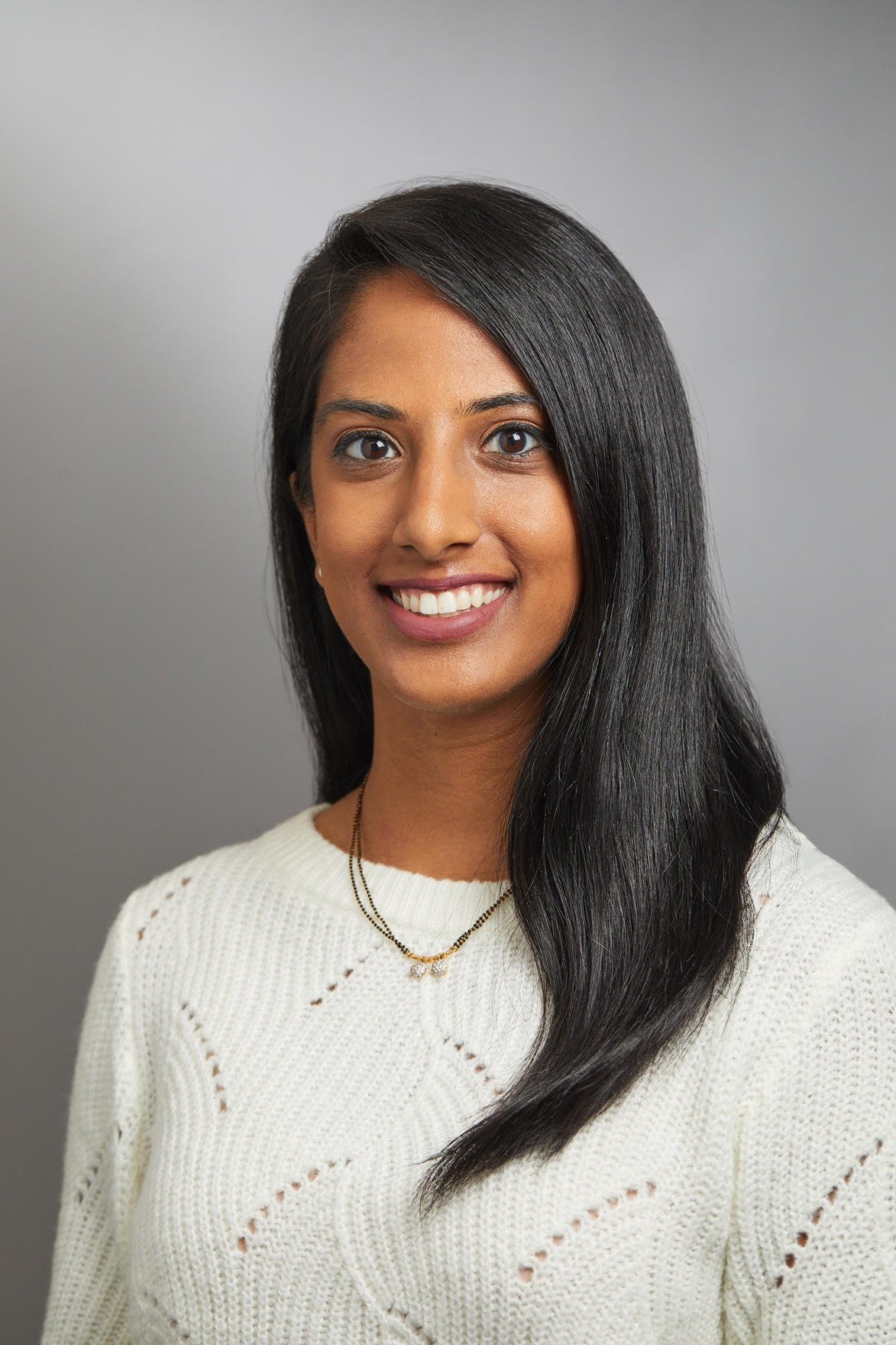  | YouTube video: Prenatal testing for X&Y Variations | All | ||
| Saturday June 26 | 6:00 PM | 6:50 PM | Can We Talk? TRT: for West Coast | Ryan Flannigan, MD, FRCSC Flannigan Fertility – Reproductive Medicine Vancouver, British Columbia |    | XXY, XXYY, XXXY | ||||
| Saturday June 26 | 7:00 PM | 7:50 PM | Can We Talk? Parents of Toddlers | Erin Frith, MEd |               | All | ||||
| Saturday June 26 | 8:00 PM | 9:00 PM | Fireside chat: A chance to chat with AXYS board members and process all we've learned so far. | Erin Frith, MEd |               | All | ||||
| Sunday June 27 | 9:00 AM | 9:15 AM | First Time Attendee Check-in Session | Stop by and say hello if this is your first conference or if you are new to AXYS. We're here to answer your questions and make you feel welcome. | Erin Frith, MEd, Carol Meerschaert, Stefan Schwarz, Erin Torres |                                              | All | |||
| Sunday June 27 | 10:00 AM | 10:50 AM | Can We Talk? My sibling has an extra X or Y (or more than one) | TBA | All | |||||
| Sunday June 27 | 11:00 AM | 11:50 AM | Can We Talk? XYY in the Teen Years | Erin Torres |             | XYY | ||||
| Sunday June 27 | 12:00 PM | 12:50 PM | Latest findings and future plans from the NIMH study of X- and Y-chromosome variations | This talk will update the AXYS community on latest findings from the NIMH study of X&Y chromosome variations. I will pay special attention to our work on mental health outcomes, and how these relate to individual and family wellbeing. The information presented will be relevant for all X/Y variation groups. I will also share news on upcoming studies from our group - including both online research and in-person studies at the NIH Clinical Center in Bethesda, MD. | Armin Raznahan, MD, PhD, Chief, Section on Developmental Neurogenomics, NIMH, National Institutes of Health | 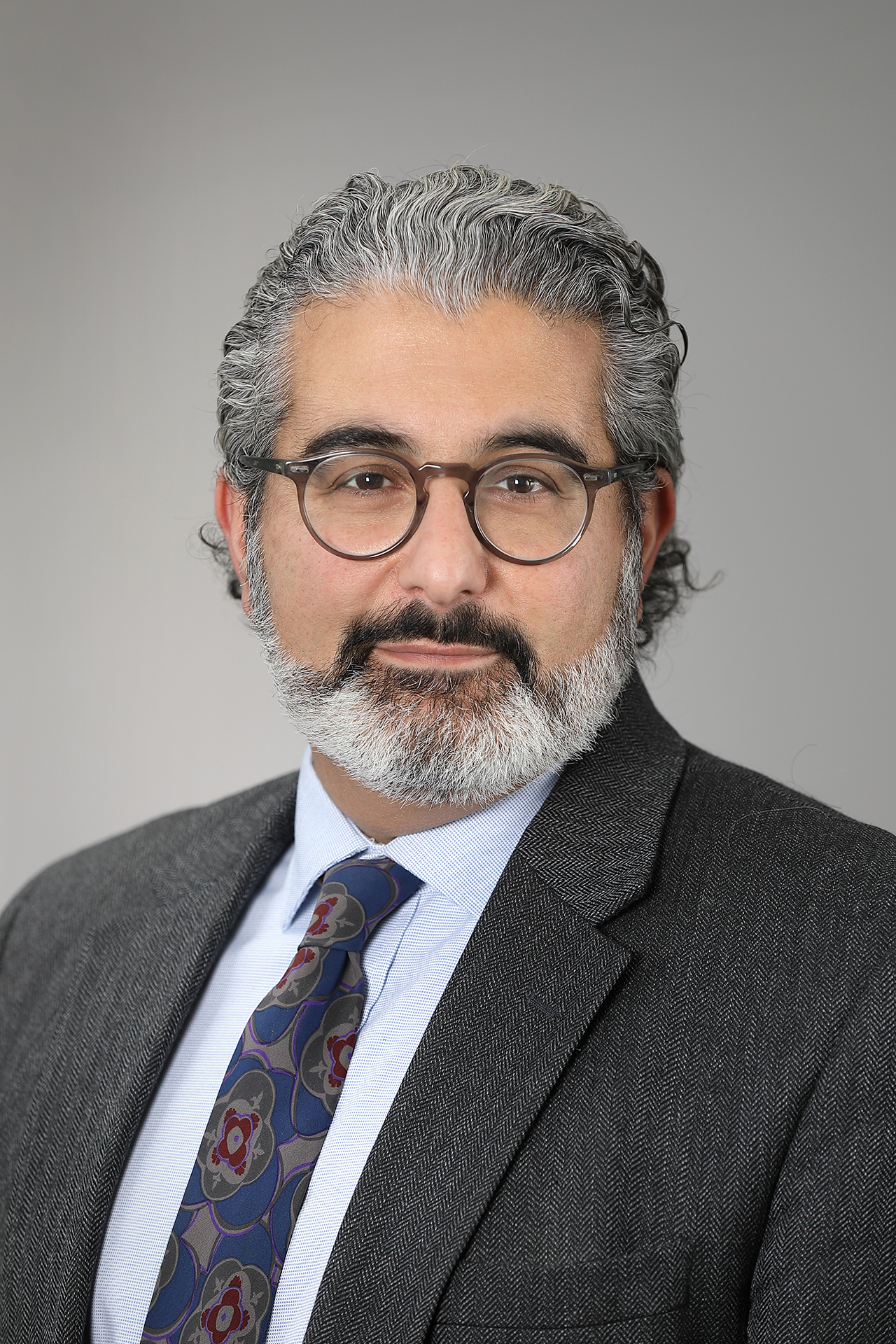  | All | |||
| Sunday June 27 | 1:00 PM | 1:50 PM | Coping with Anxiety Disorder | This session will focus on one of the most common behavioral conditions in children -- anxiety. Attendees will learn what the various manifestations of anxiety may look like across young children to adolescents. Various therapies and medications will also be reviewed. Topics will be specifically discussed through the lens of X&Y variation. | David Hong, MD Assistant Professor of Psychiatry and Behavioral Sciences, Stanford University School of Medicine |   | All | |||
| Sunday June 27 | 2:00 PM | 2:50 PM | LGBTQ+ Affinity Group | We invite all who identify as LGBTQ+ to join us. | Erin Frith, MEd |               | All | |||
| Sunday June 27 | 2:00 PM | 2:50 PM | Black Affinity Group | A time for all who identify as Black to gather and chat. | Dalene Basden, Erin Torres |                | All | |||
| Sunday June 27 | 3:00 PM | 3:50 PM | Reprise: Adults with XXY | Zell Lundberg XXY/BFA, Dave Wright, MTS | 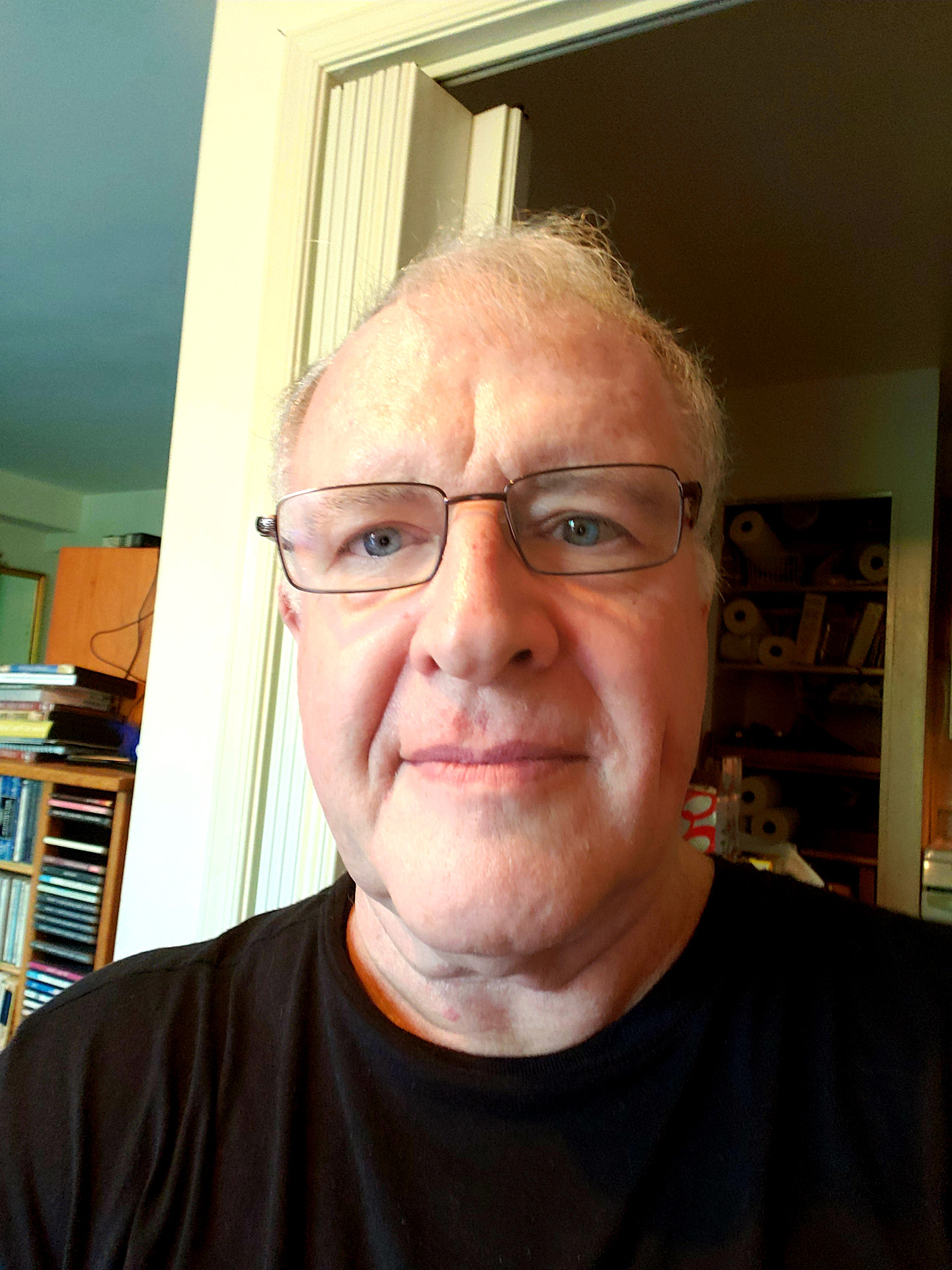    | YouTube video from 2009 conference: Adults' Perspective on 47,XXY | XXY | |||
| Sunday June 27 | 3:00 PM | 3:50 PM | Adults with Trisomy X | Sarah is High School student who did a study on Trisomy X and will share her findings. | Sarah Lebish, Andrea Millett |       | Exploring the Relationship Between Anxiety and Quality of Life in Women with Trisomy X | Trisomy X | ||
| Sunday June 27 | 3:00 PM | 3:50 PM | XXYY Open House | Gail Decker |     | XXYY | ||||
| Sunday June 27 | 4:00 PM | 4:50 PM | Depression: Diagnosis and Treatment in Persons with X/Y Variation | Depression can and does occur in some persons with X/Y variation though risk may be higher for some groups relative to others. In this presentation I will discuss the criteria for a diagnosis of depression, the contribution of genetic, hormonal and environmental factors to risk, and current medication and psychotherapy approaches to treatment. I will also discuss the potential for making treatments more "personalized" for persons with X/Y variation in the future through precision medicine approaches. | Allan Reiss, MD, Stanford University School of Medicine, Professor of Psychiatry, Radiology and Pediatrics |   | BGAP Study Flyer | Article: Sex differences in psychiatric disorders: what we can learn from sex chromosome aneuploidies | All | ||
| Sunday June 27 | 5:00 PM | 6:00 PM | Fireside Chat/Sendoff | A wrap up party to celebrate our community. | Carol Meerschaert |          | All |
